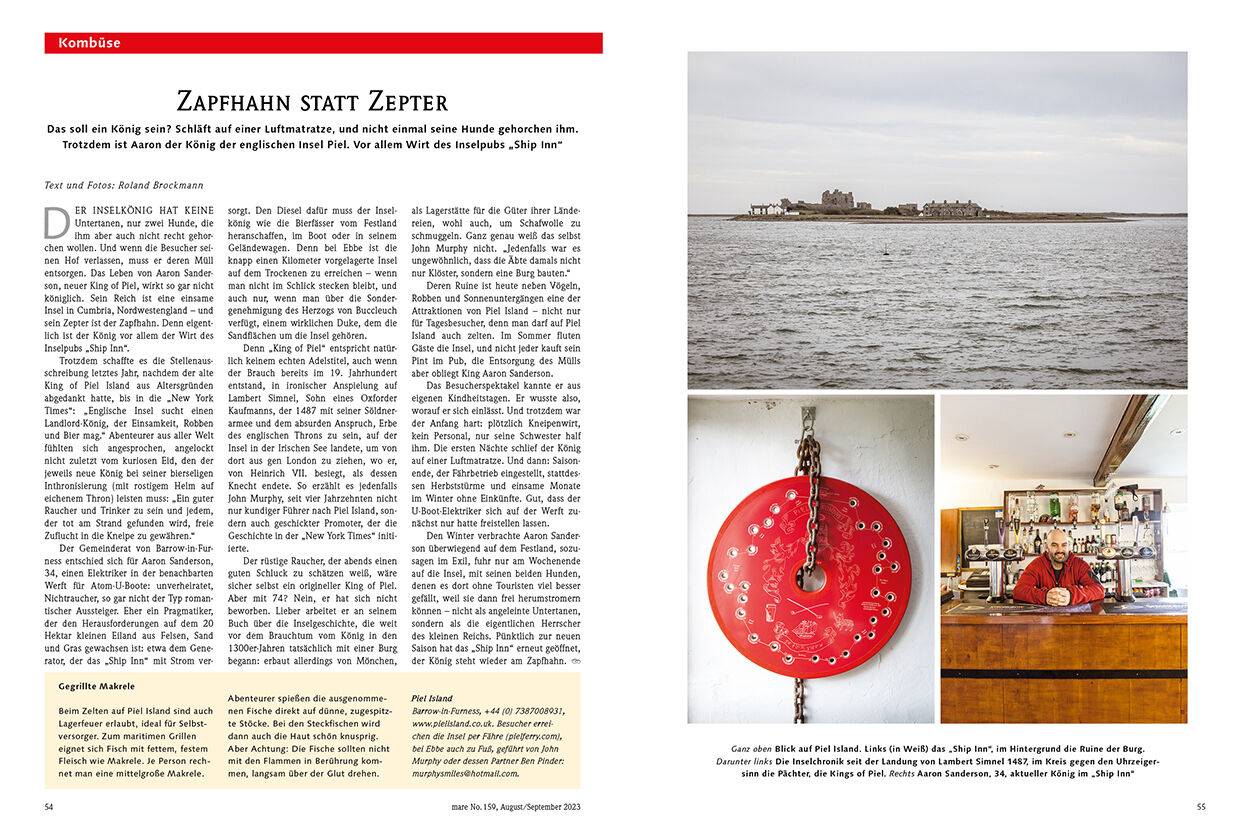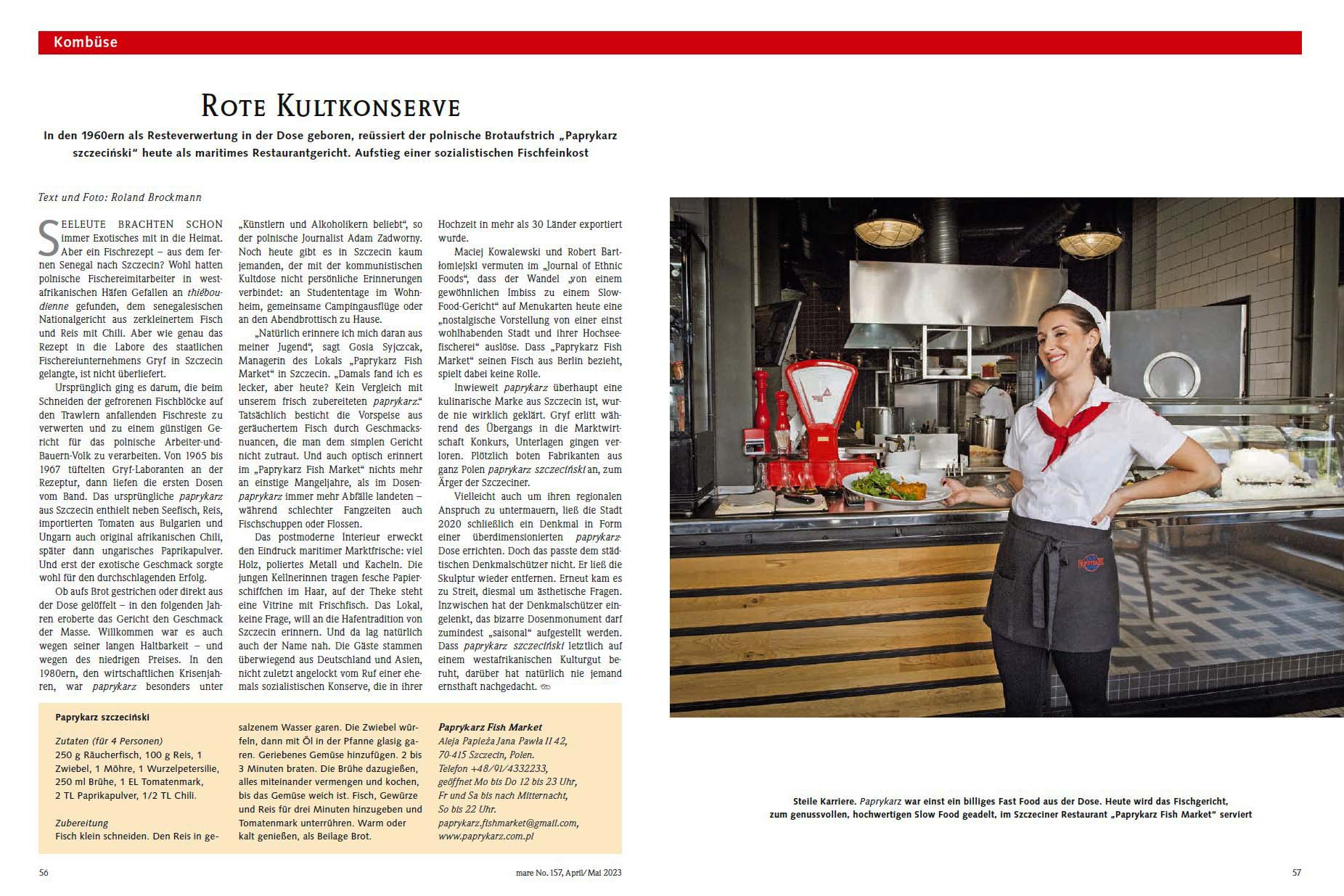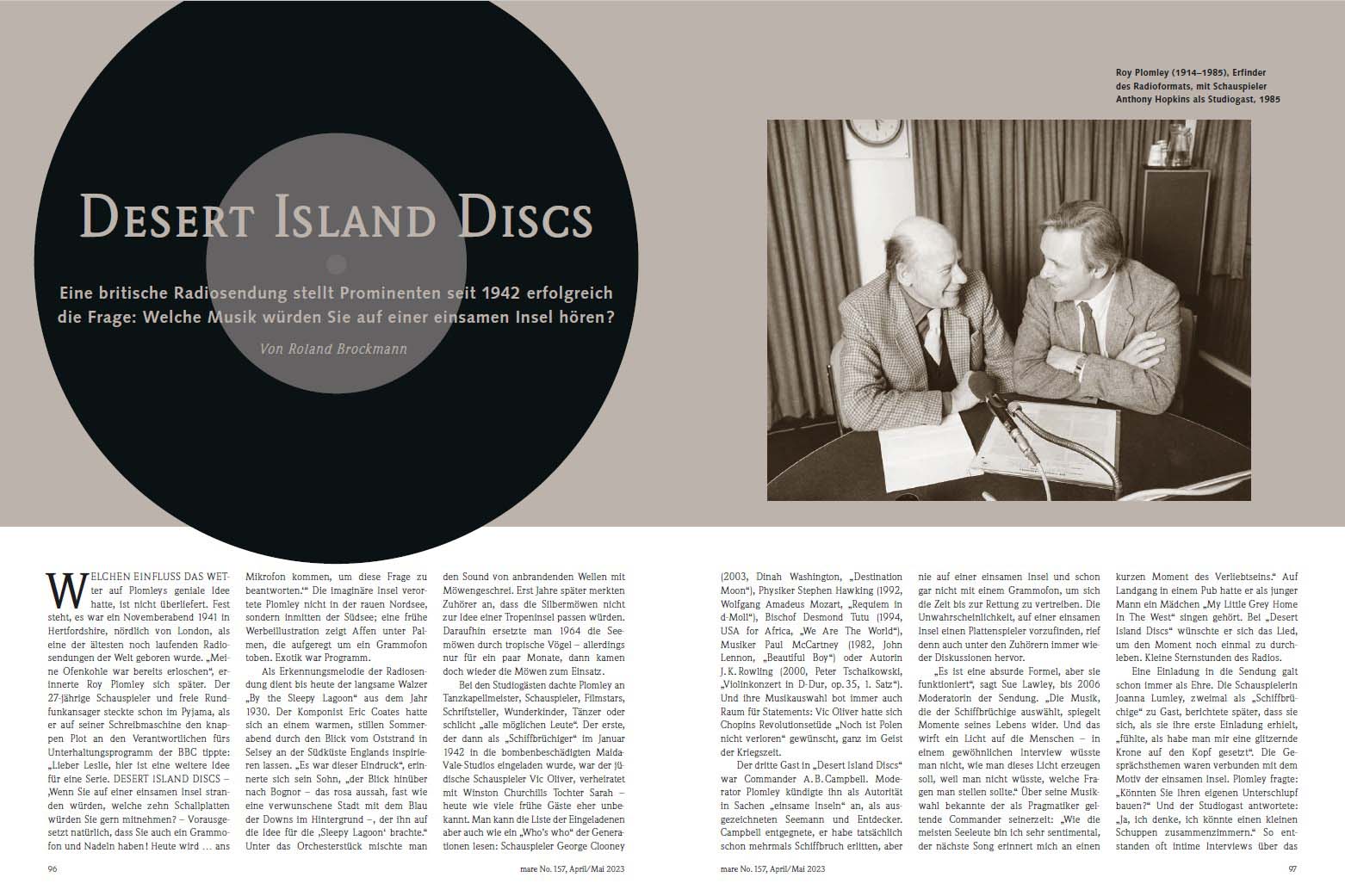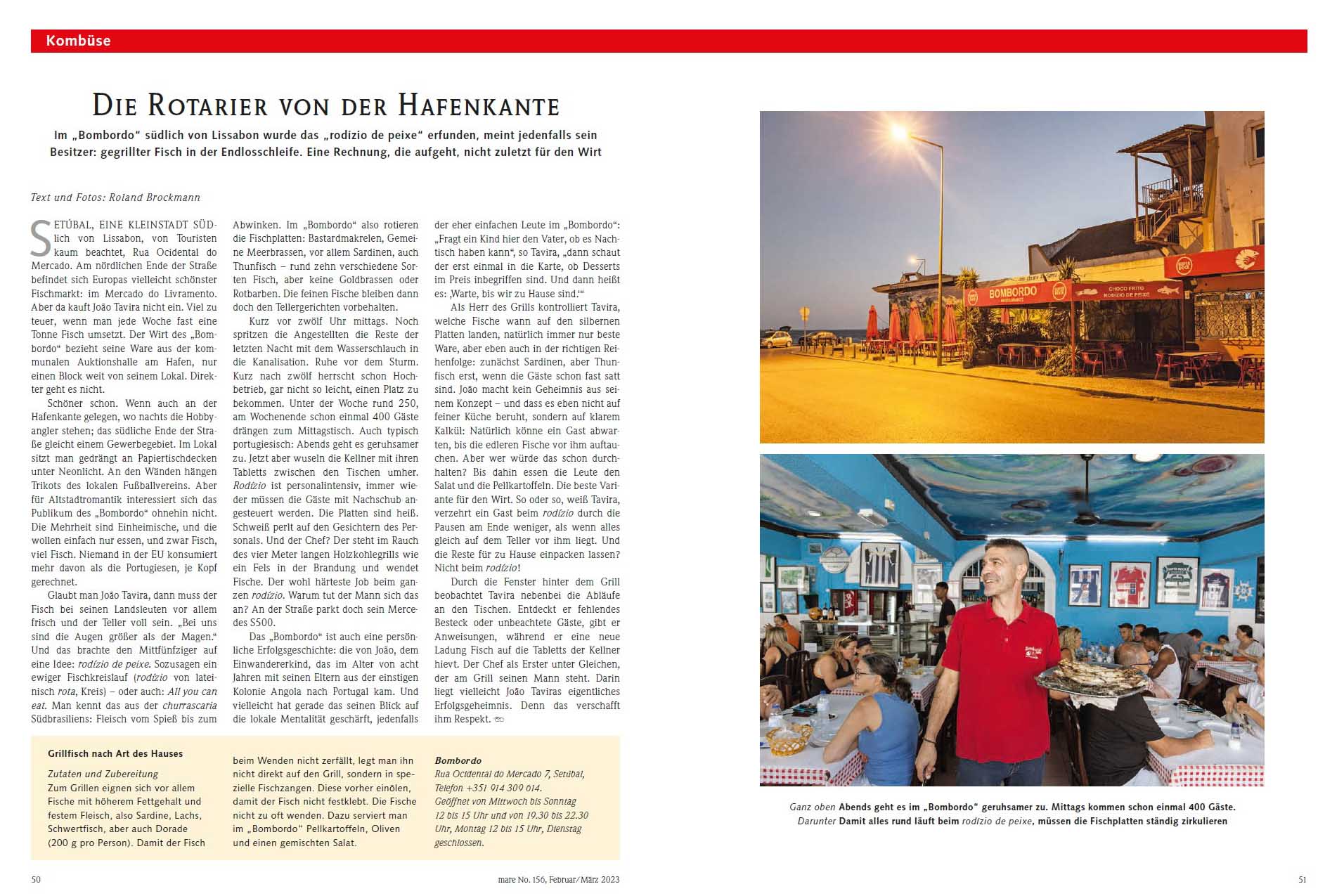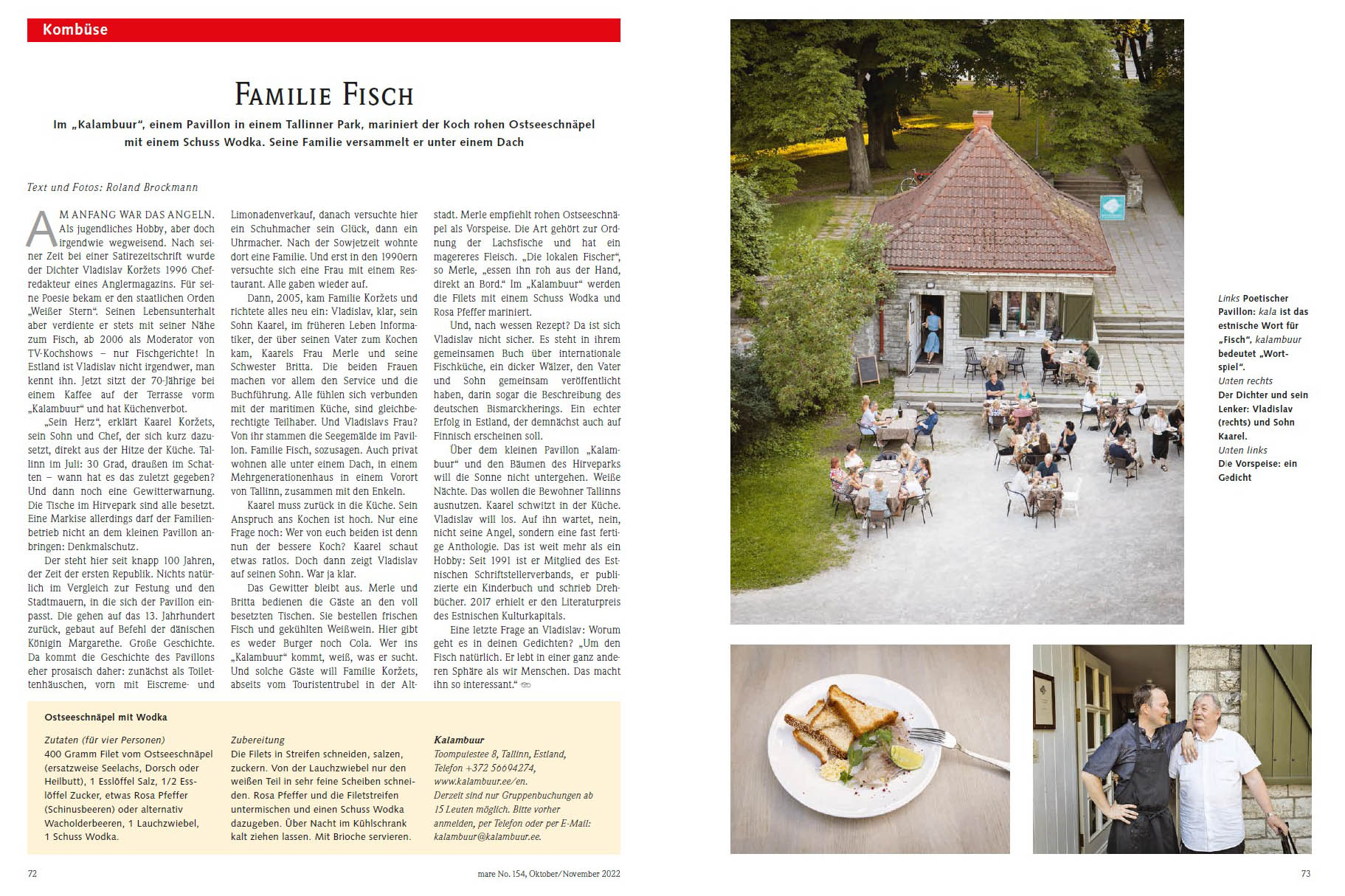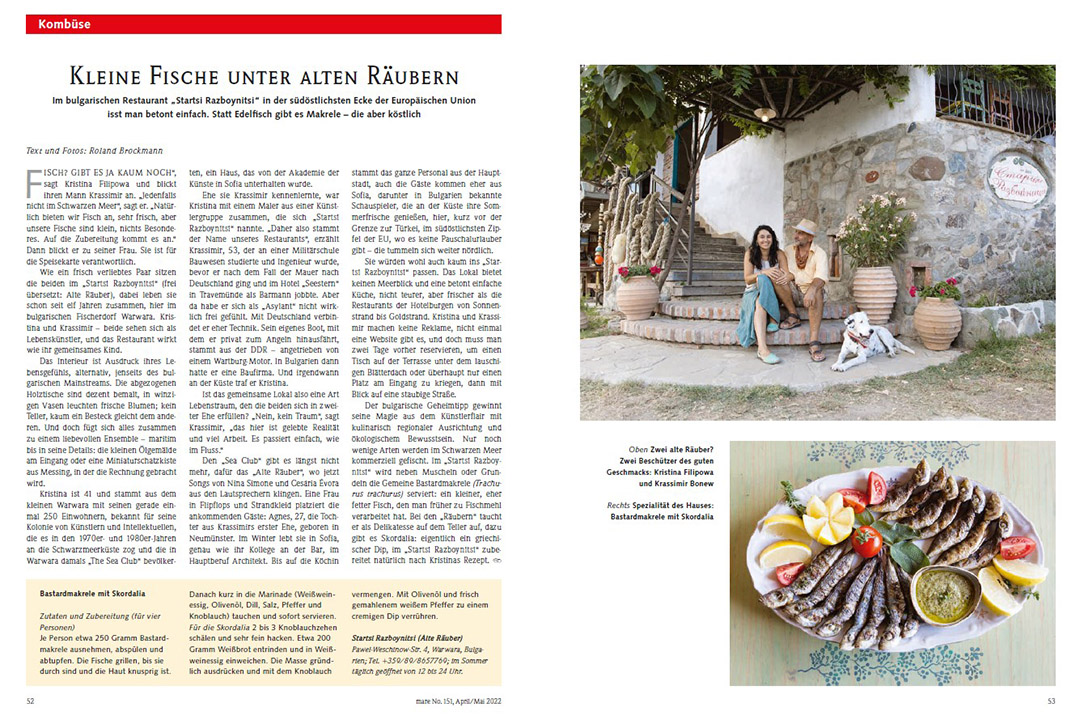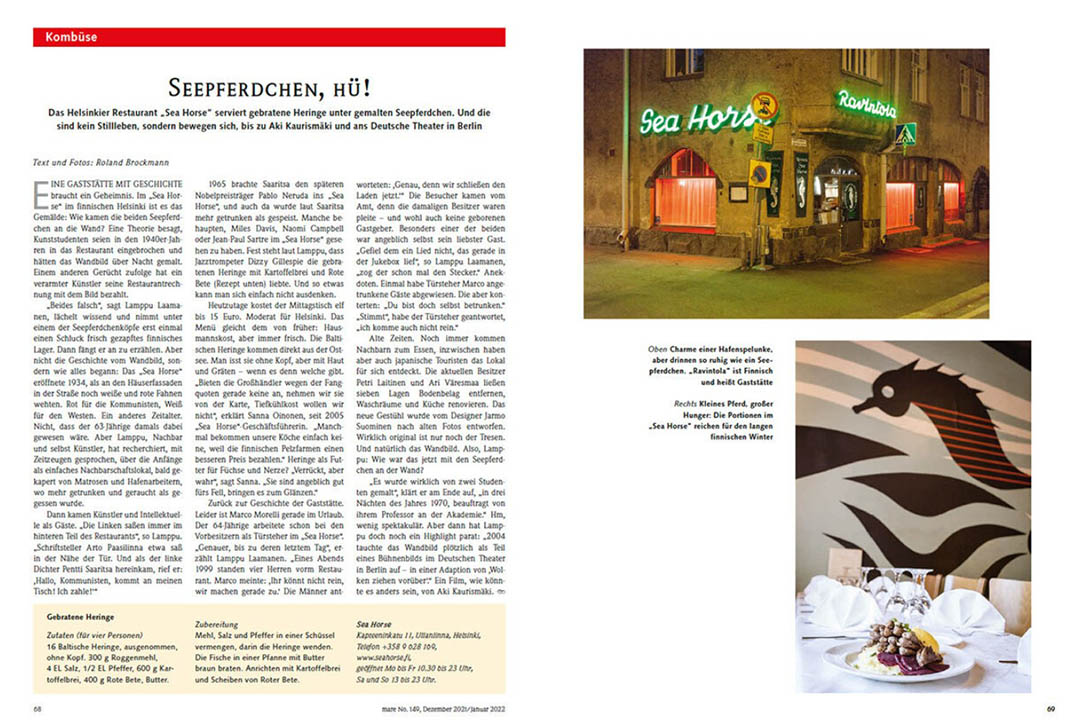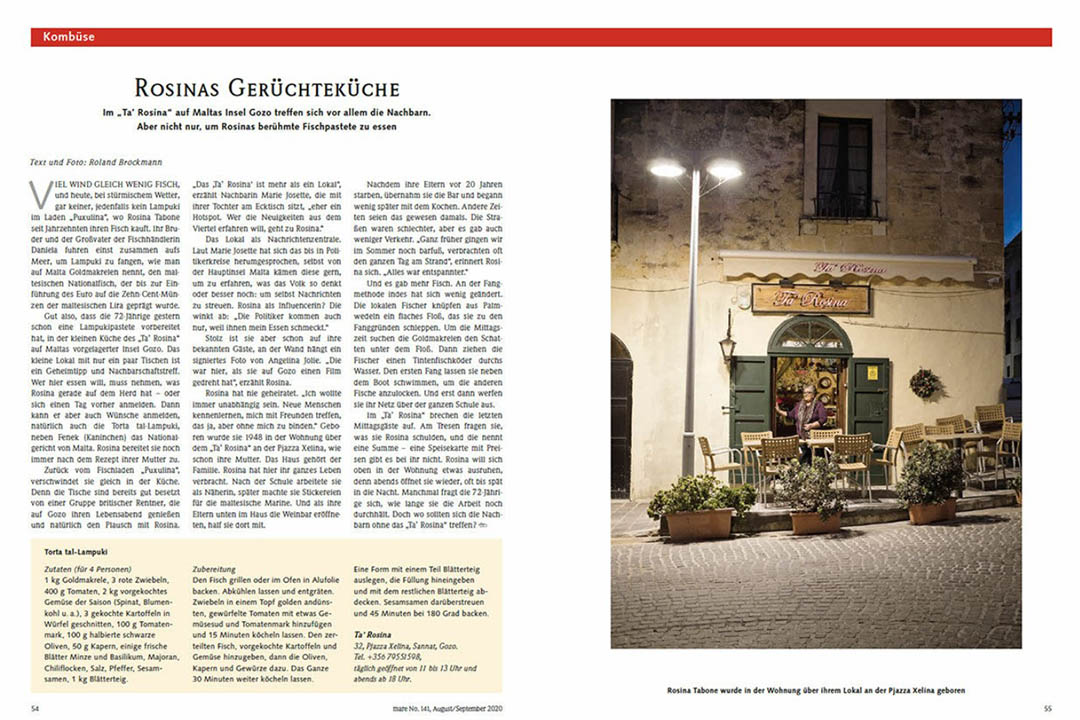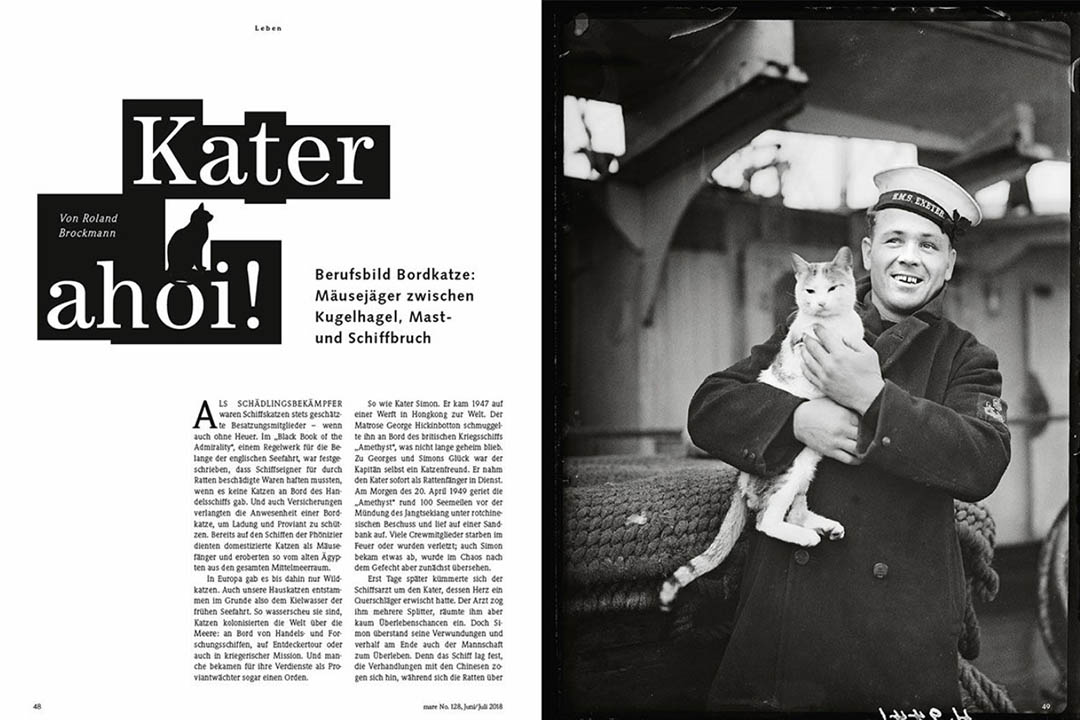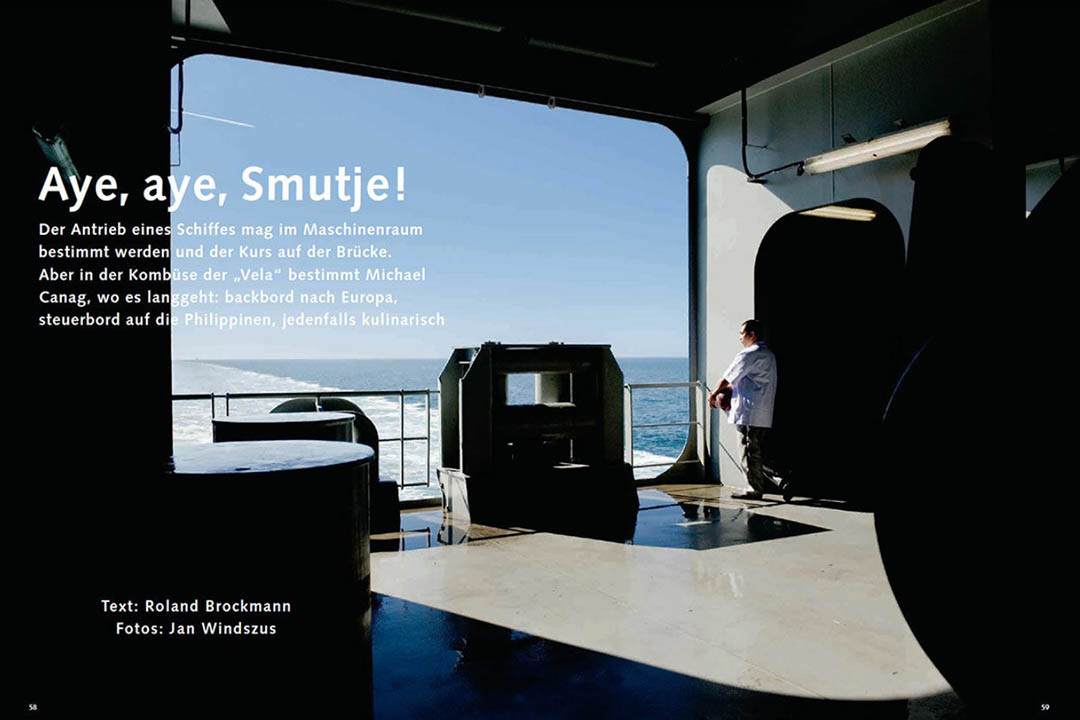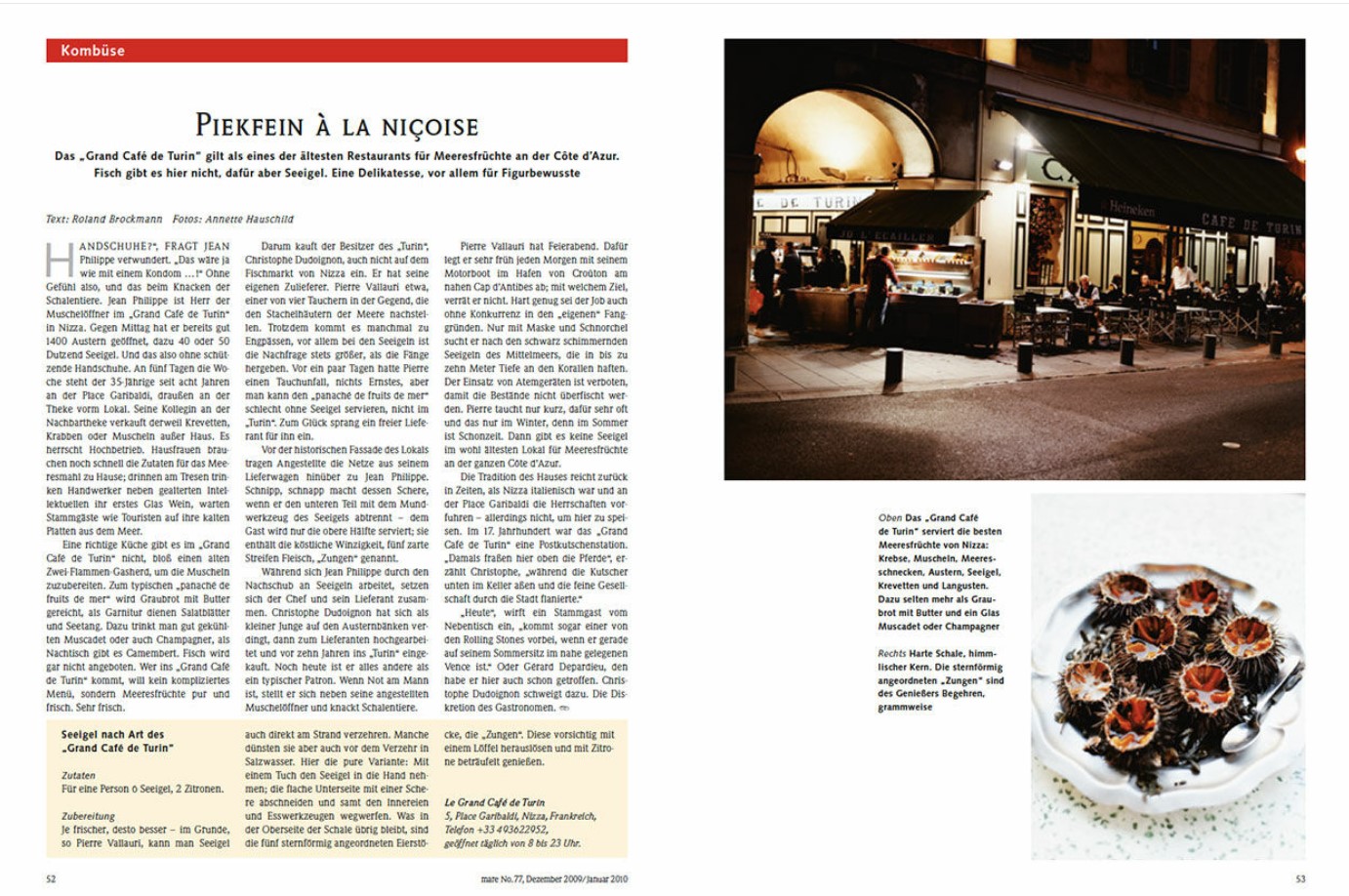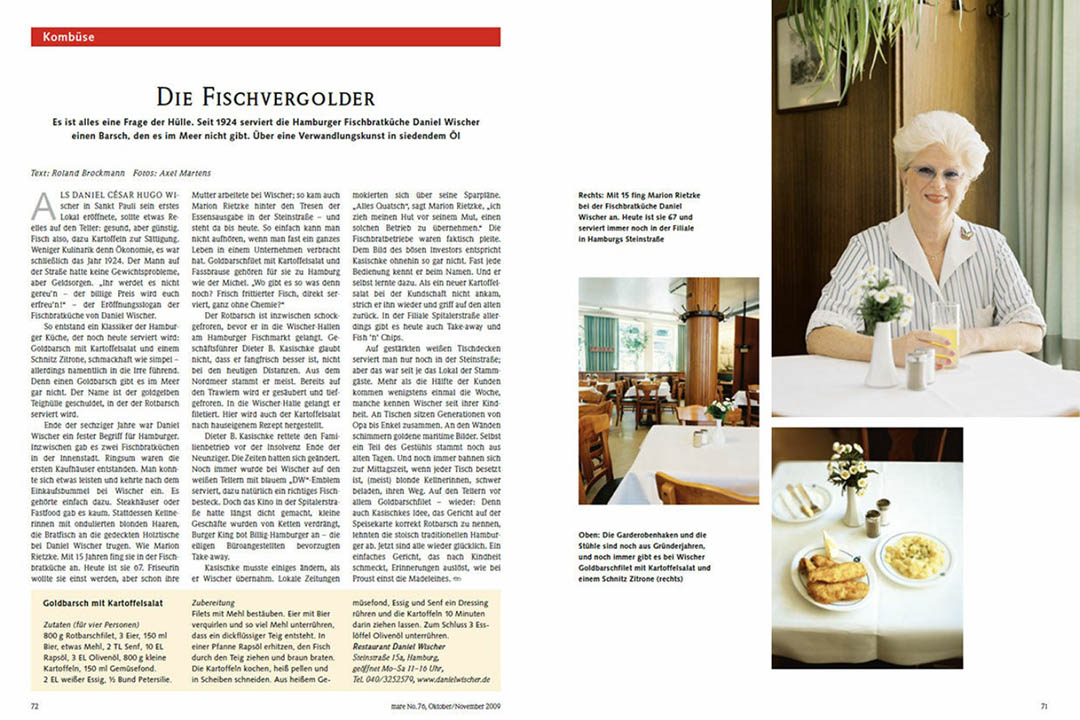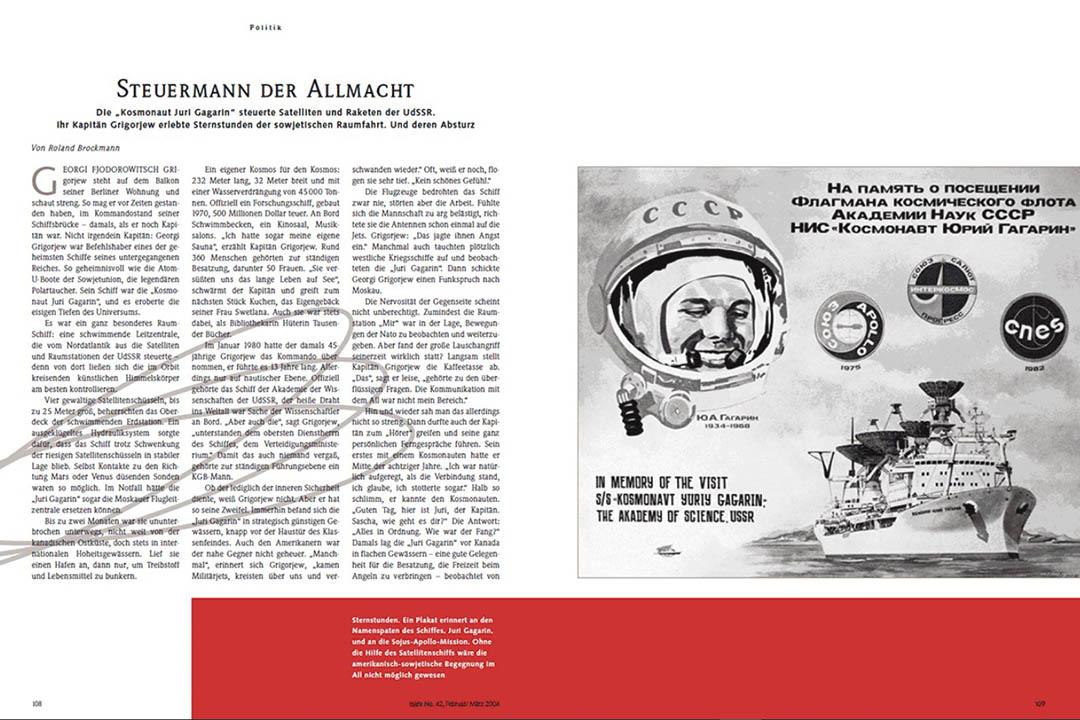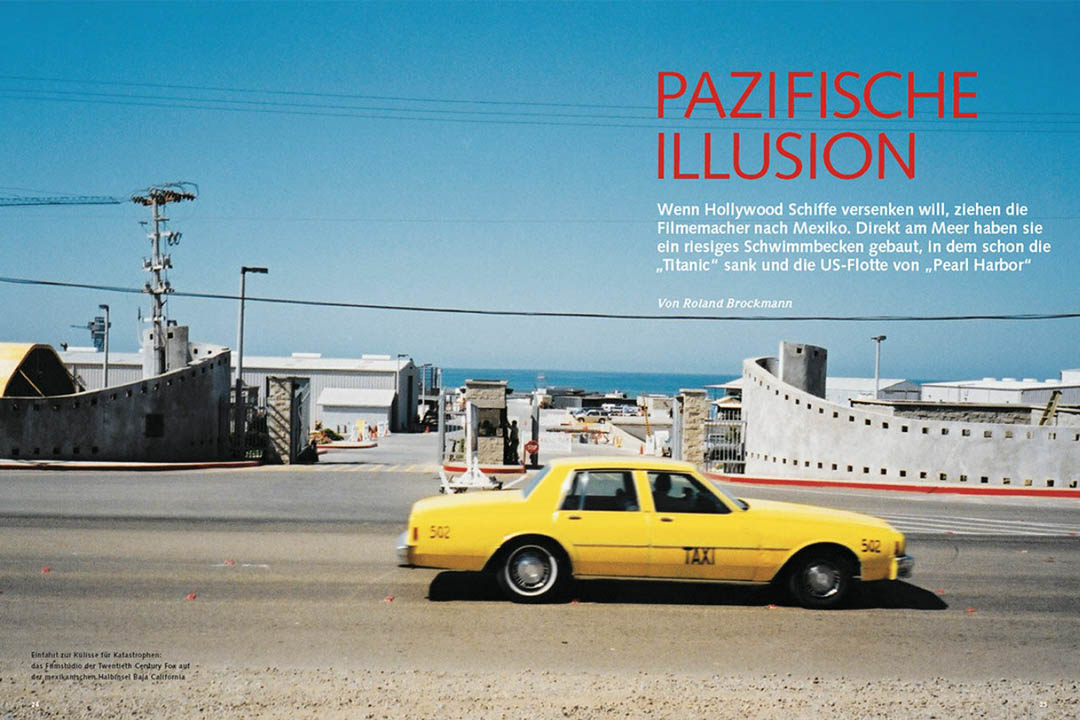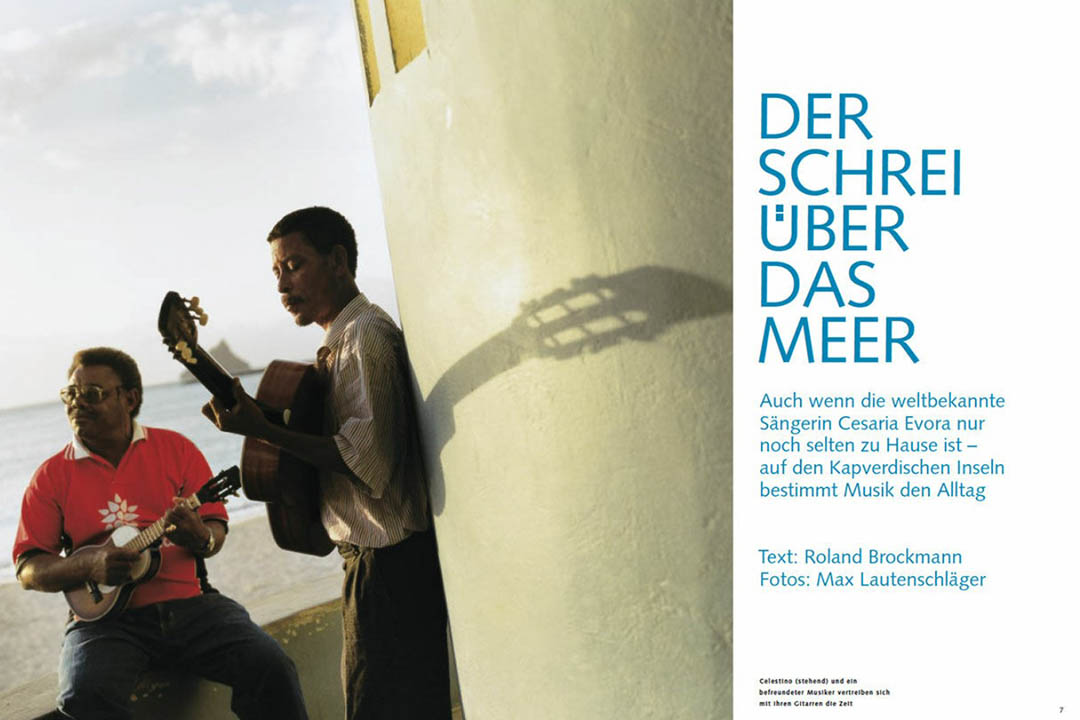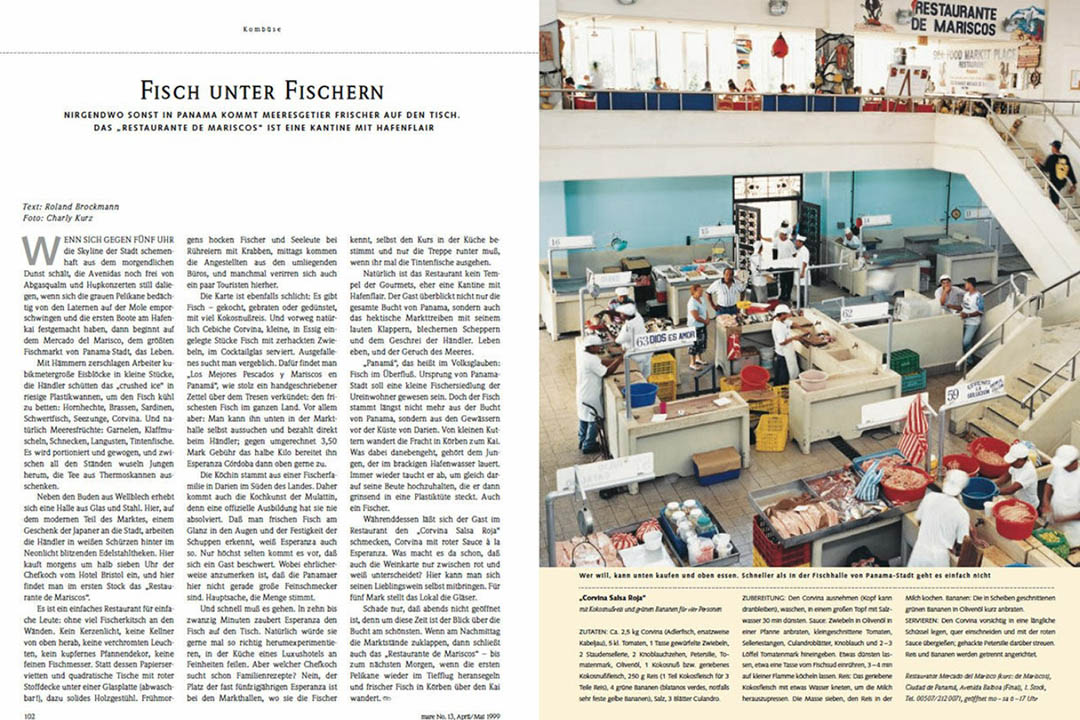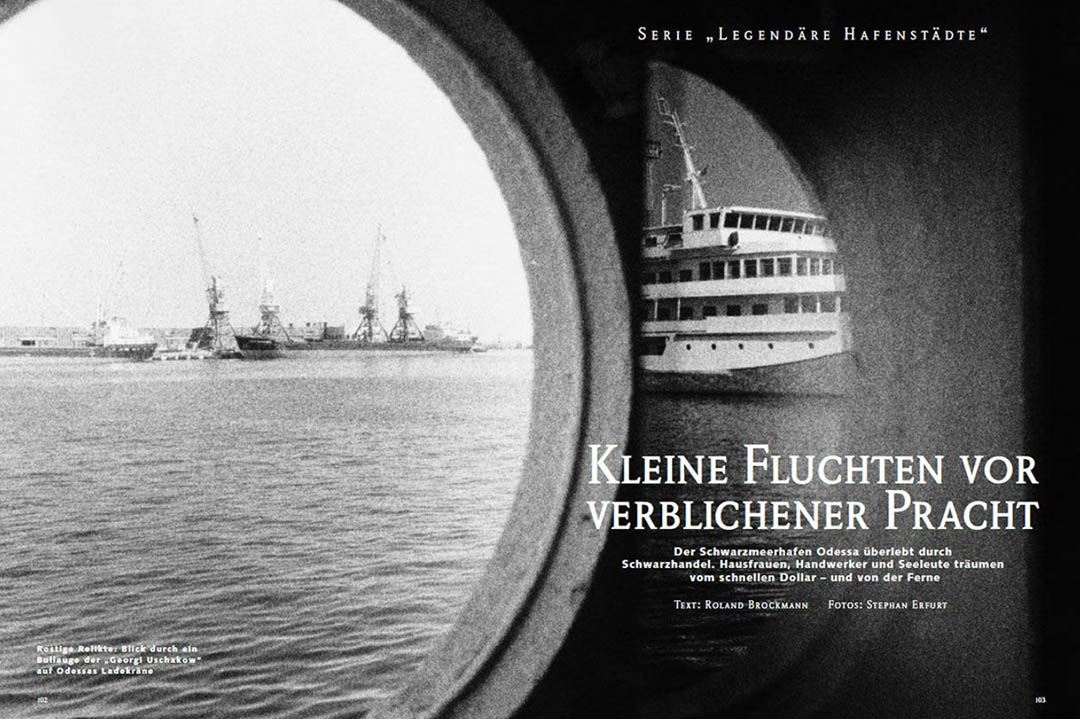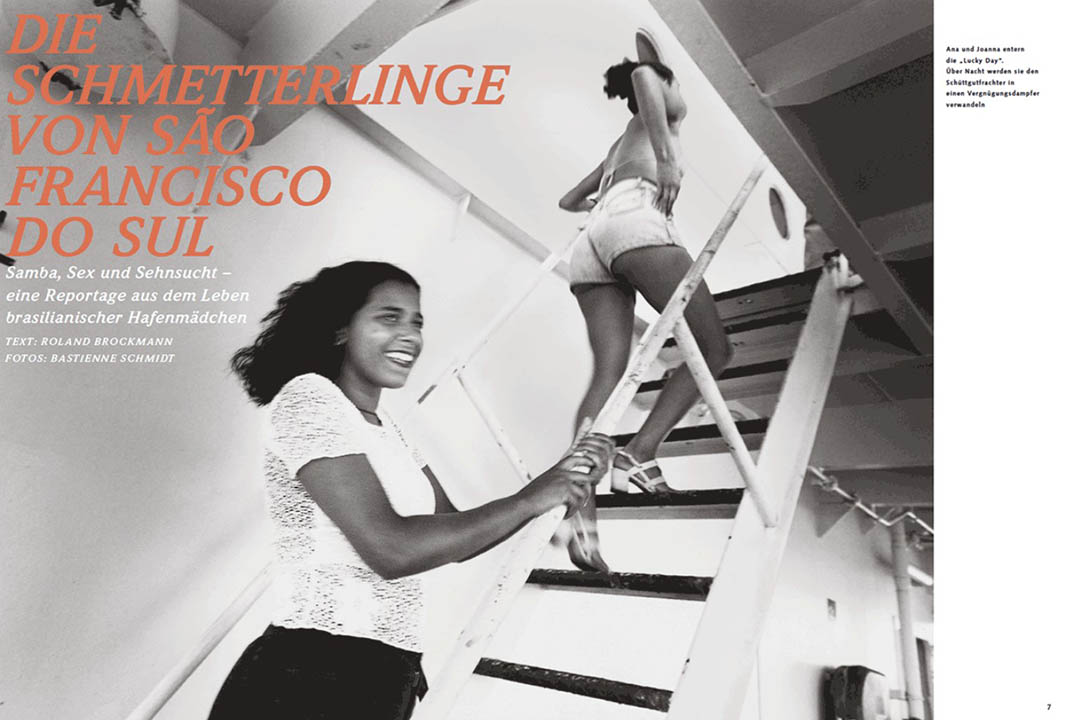< >
< >
< >
< >
< >
< >
< >
< >
< >
< >
< >
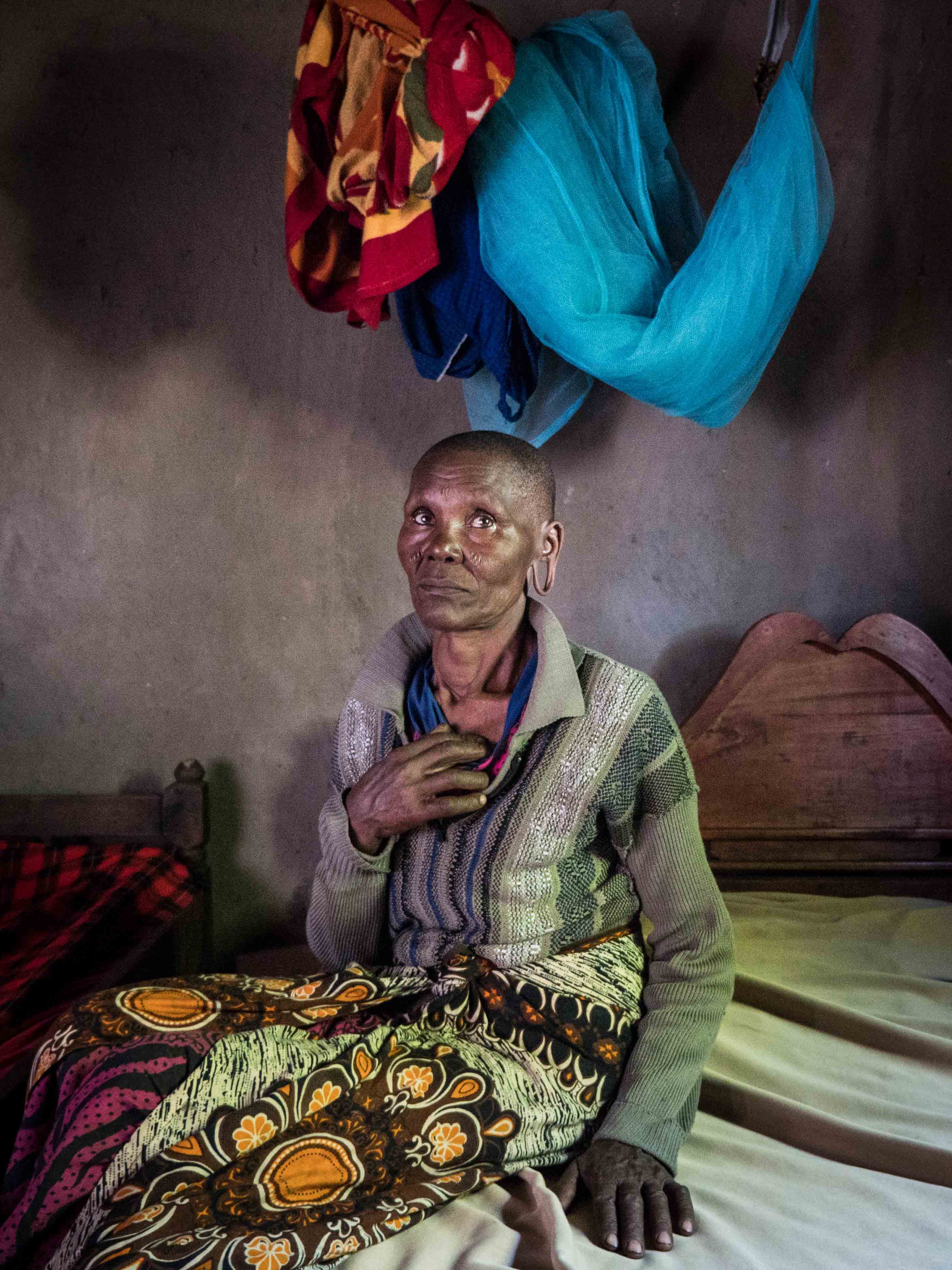
< >
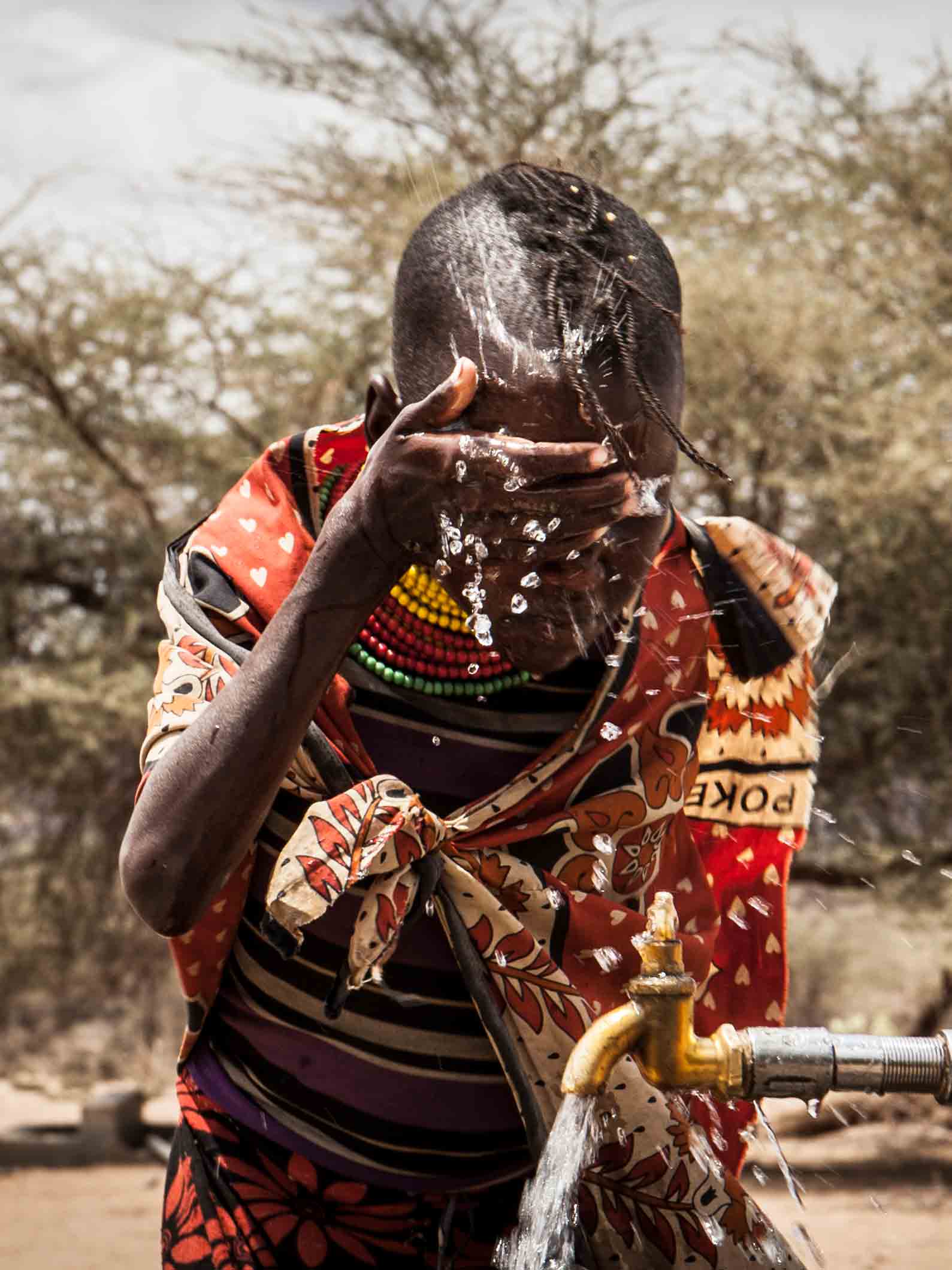
< >
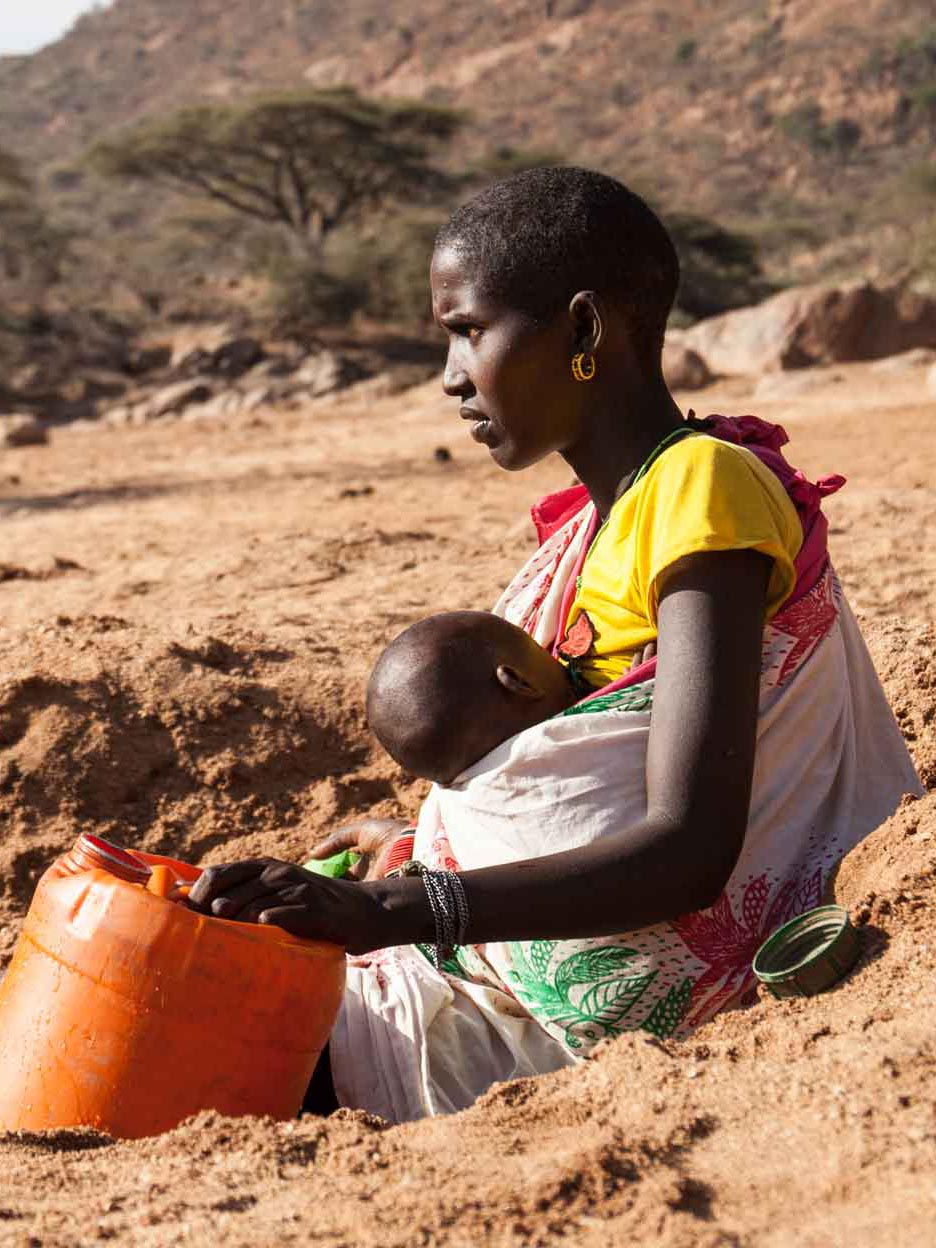
< >
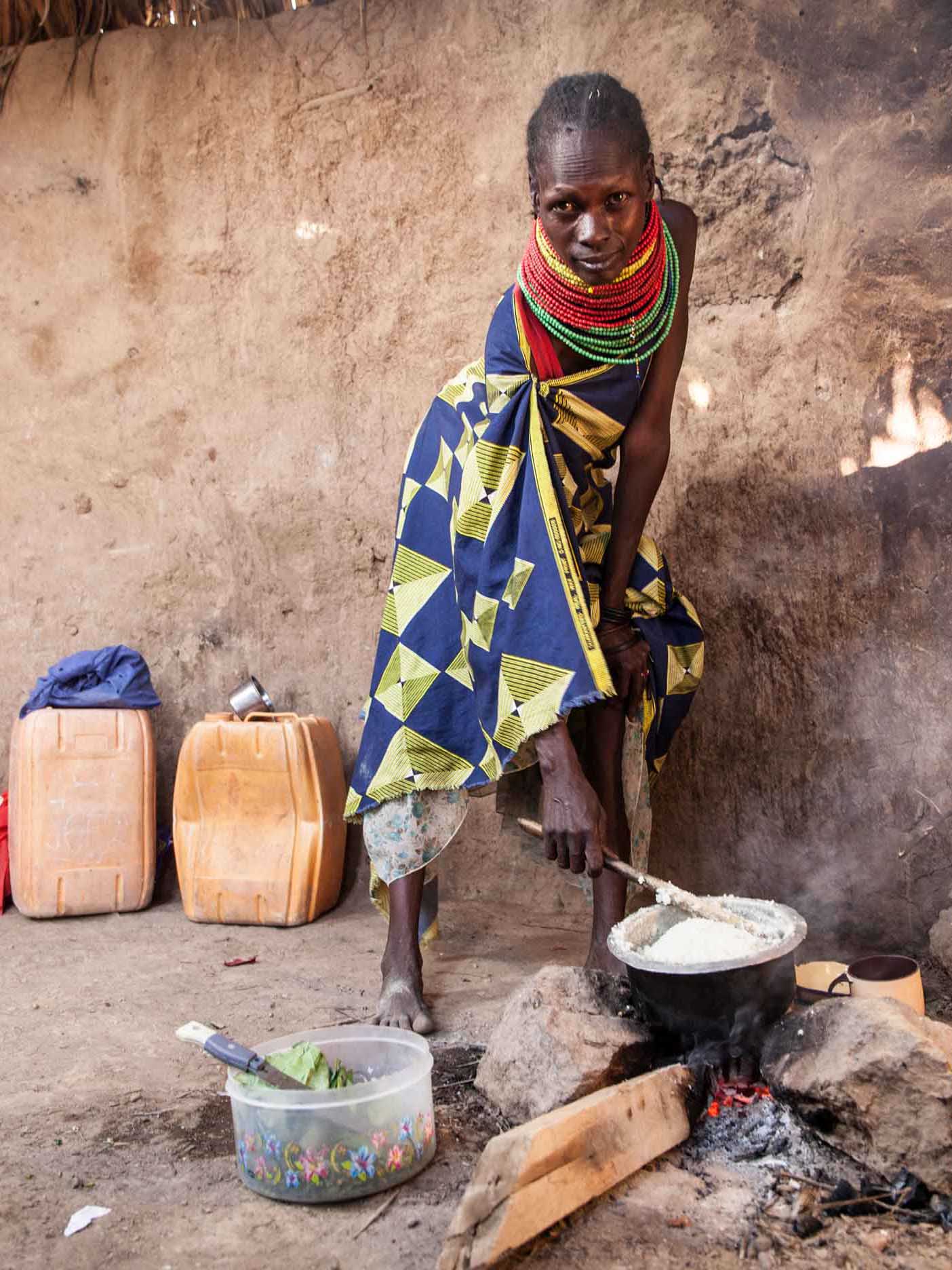
< >
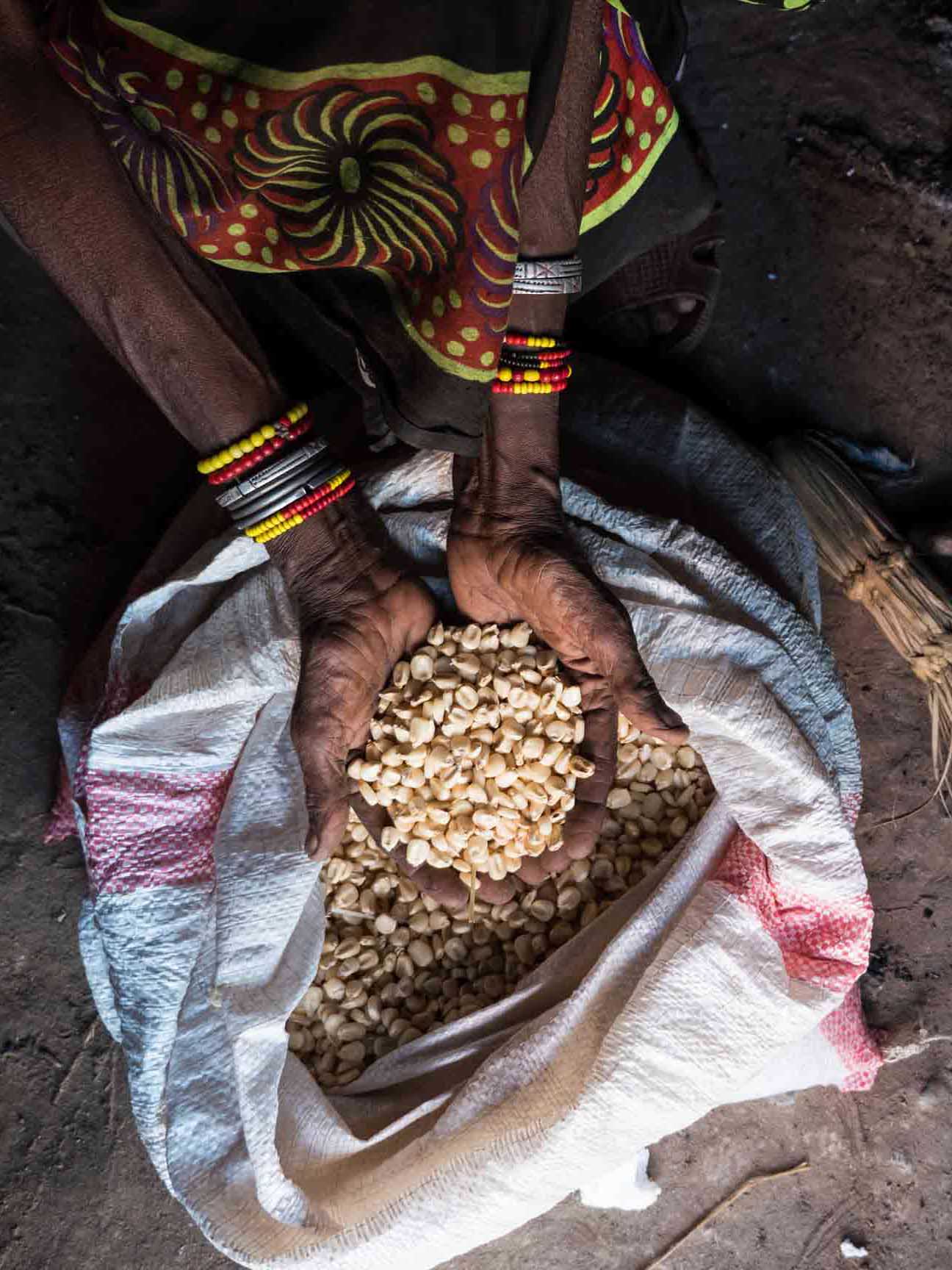
< >
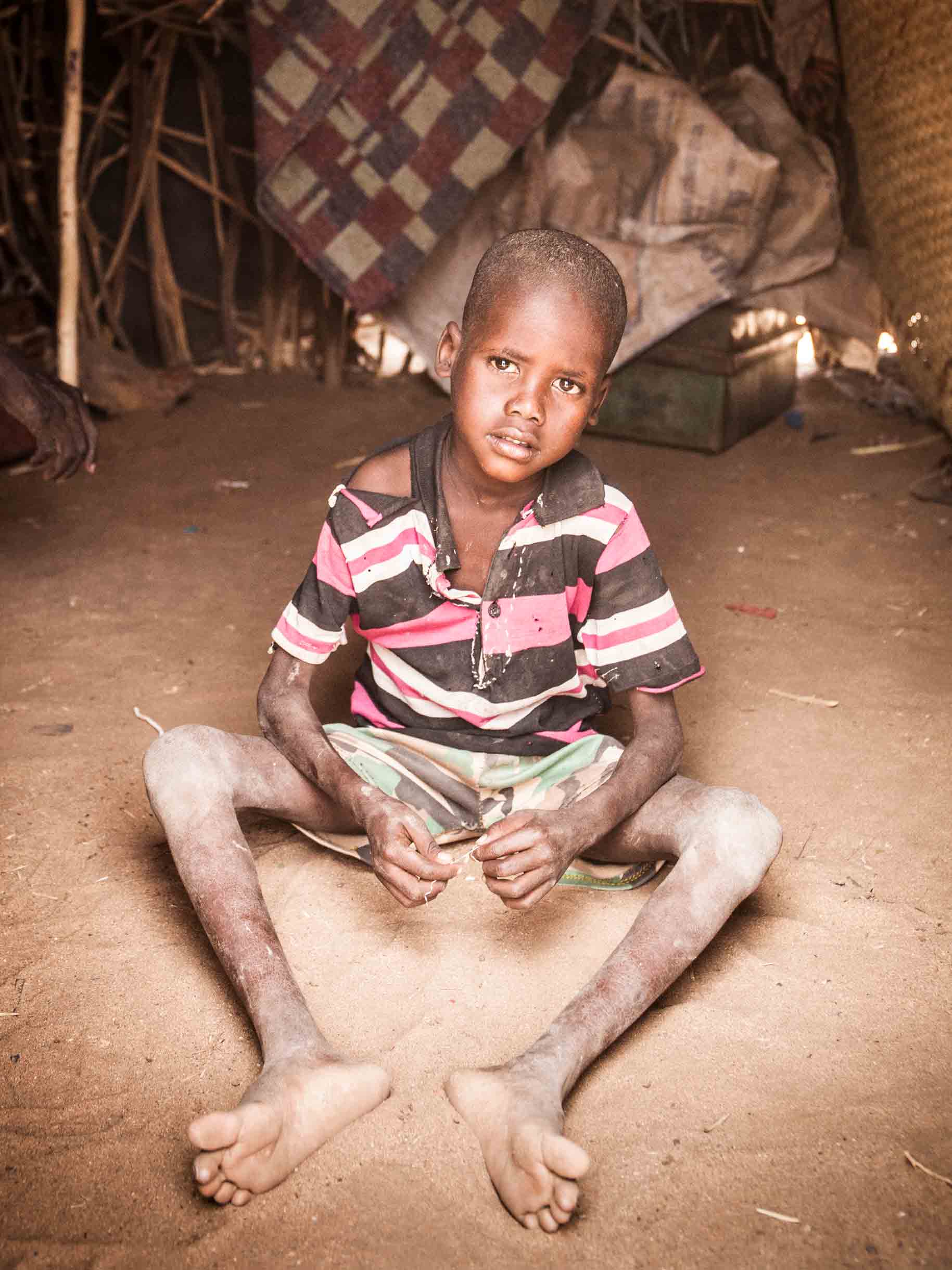
< >
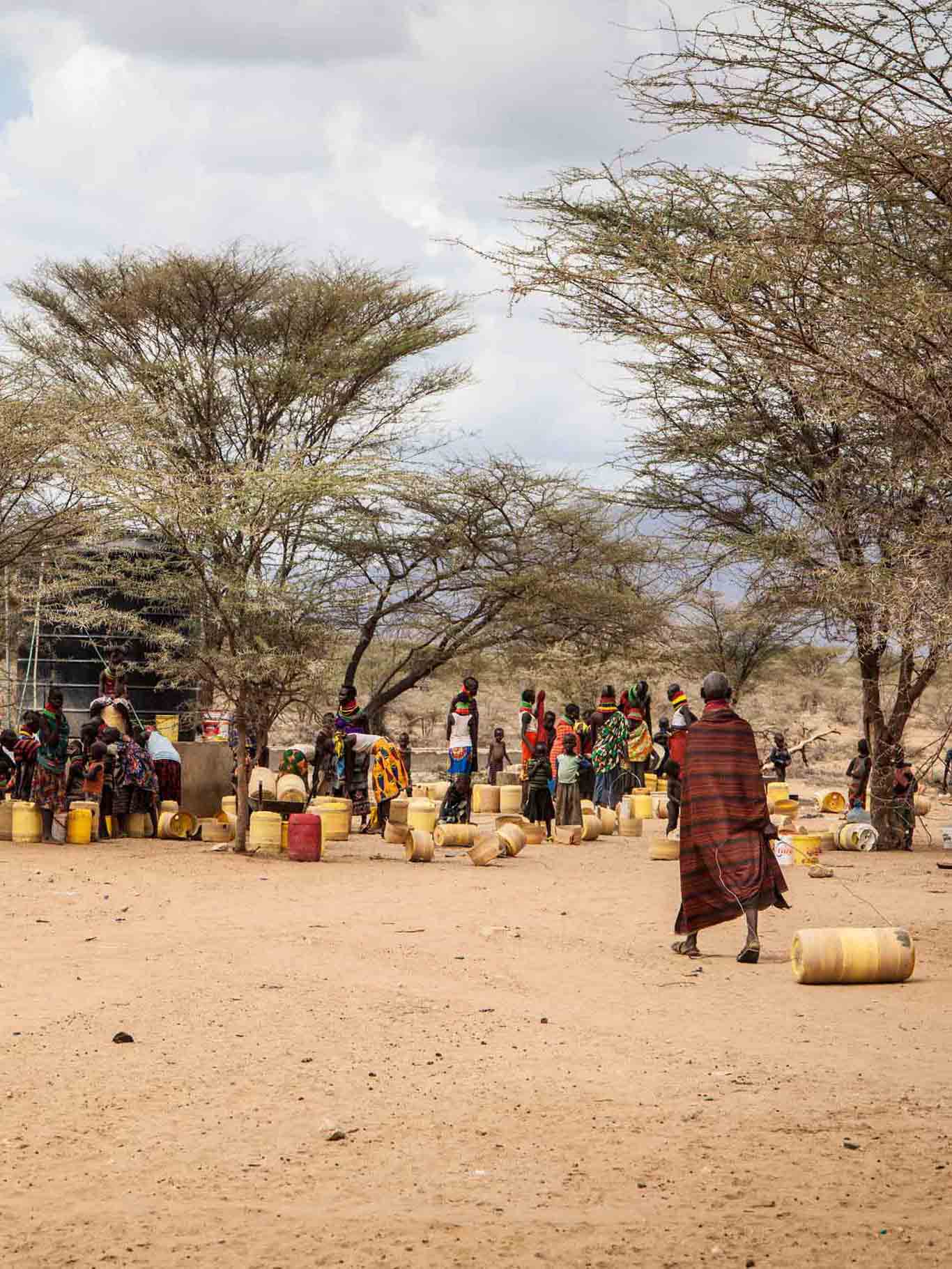
< >
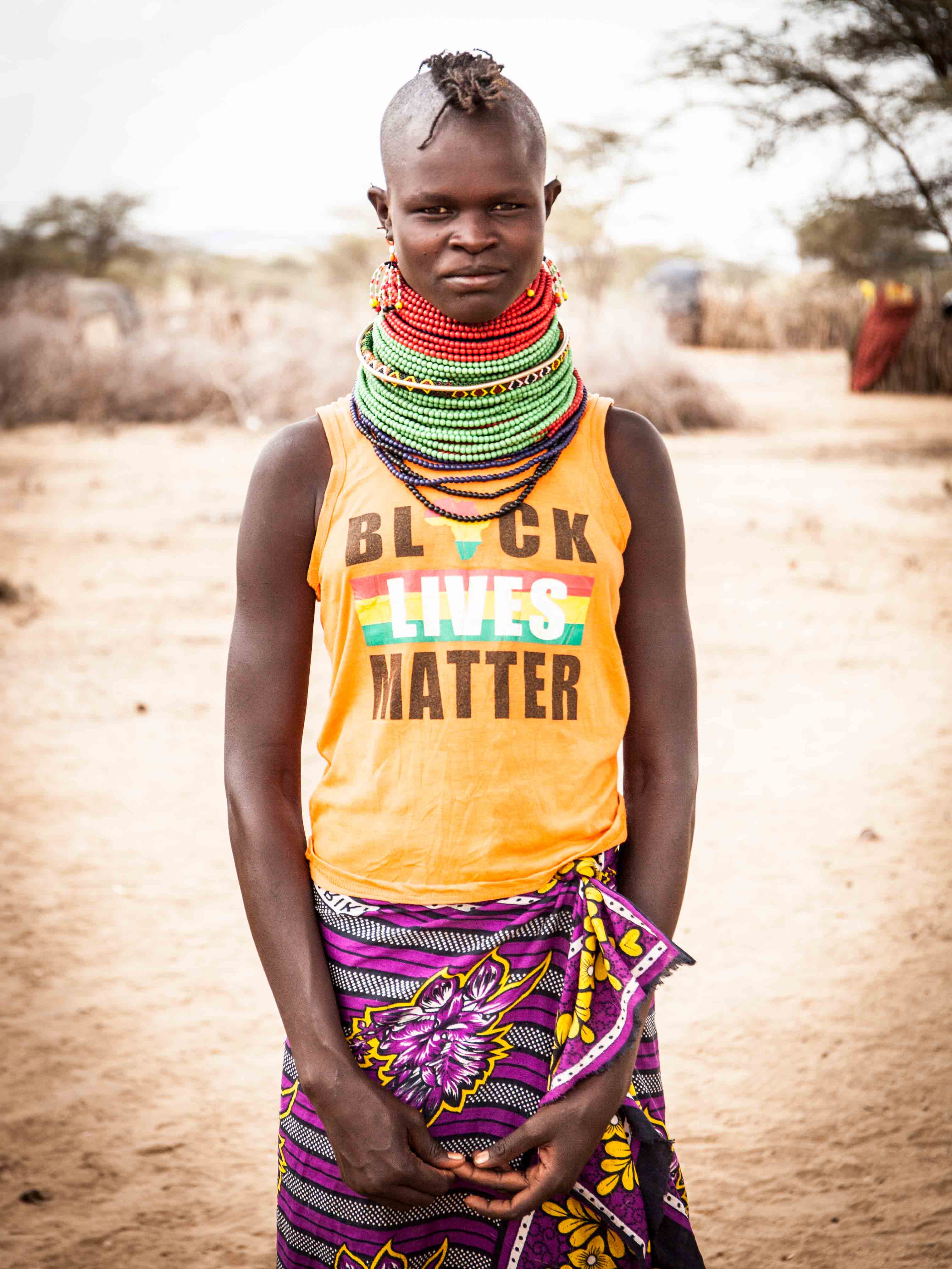
< >
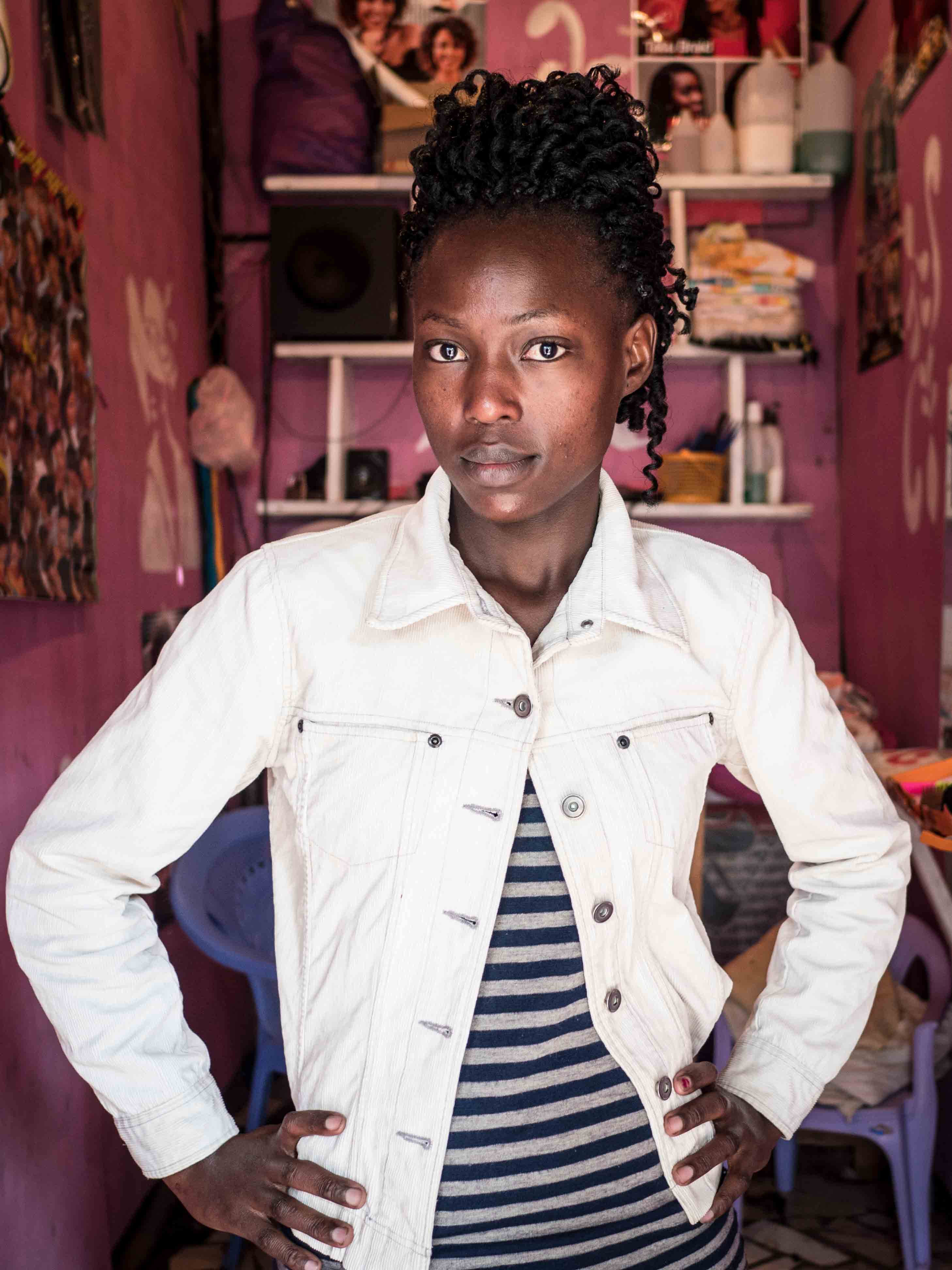
< >
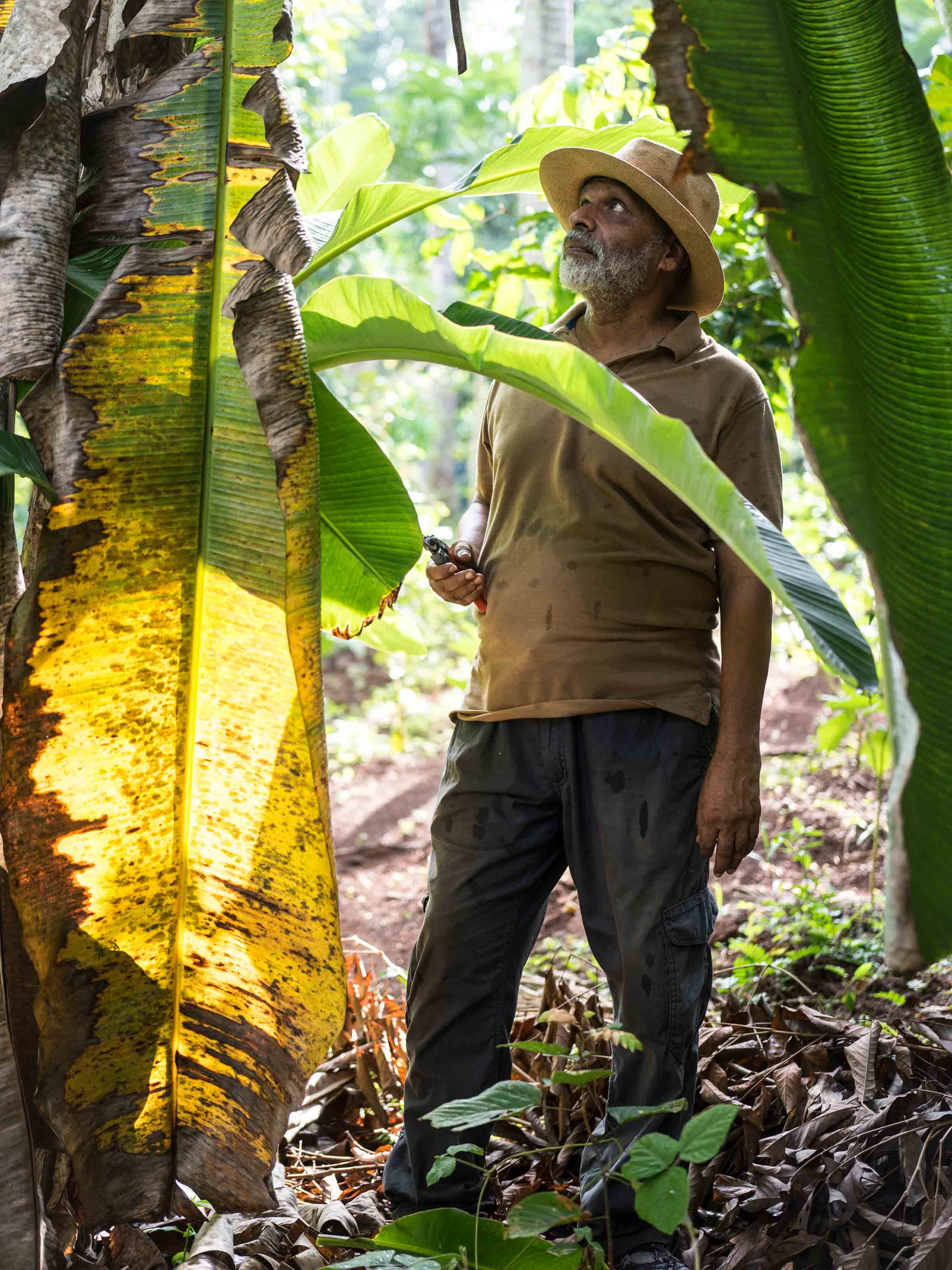
< >
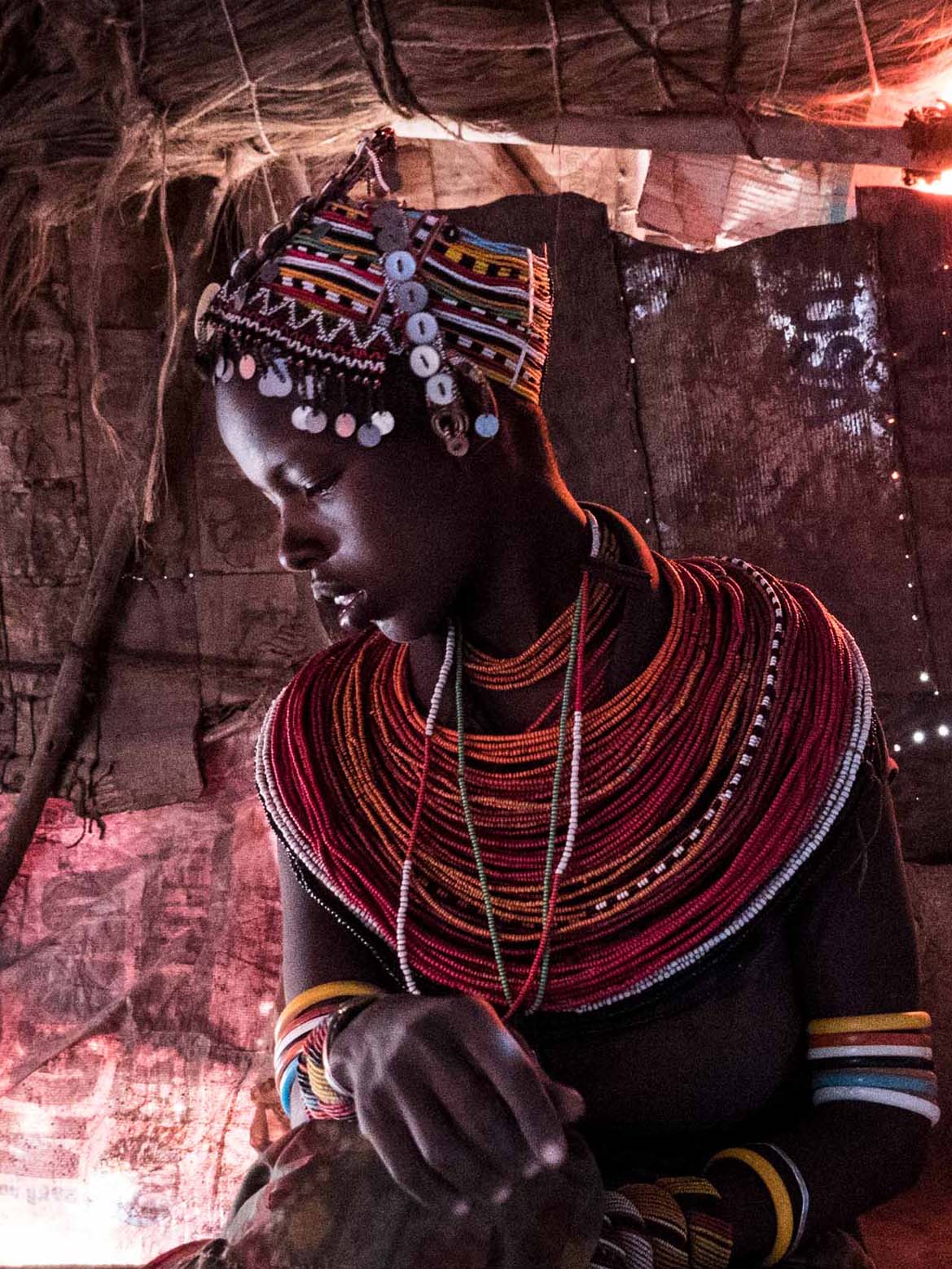
< >

< >
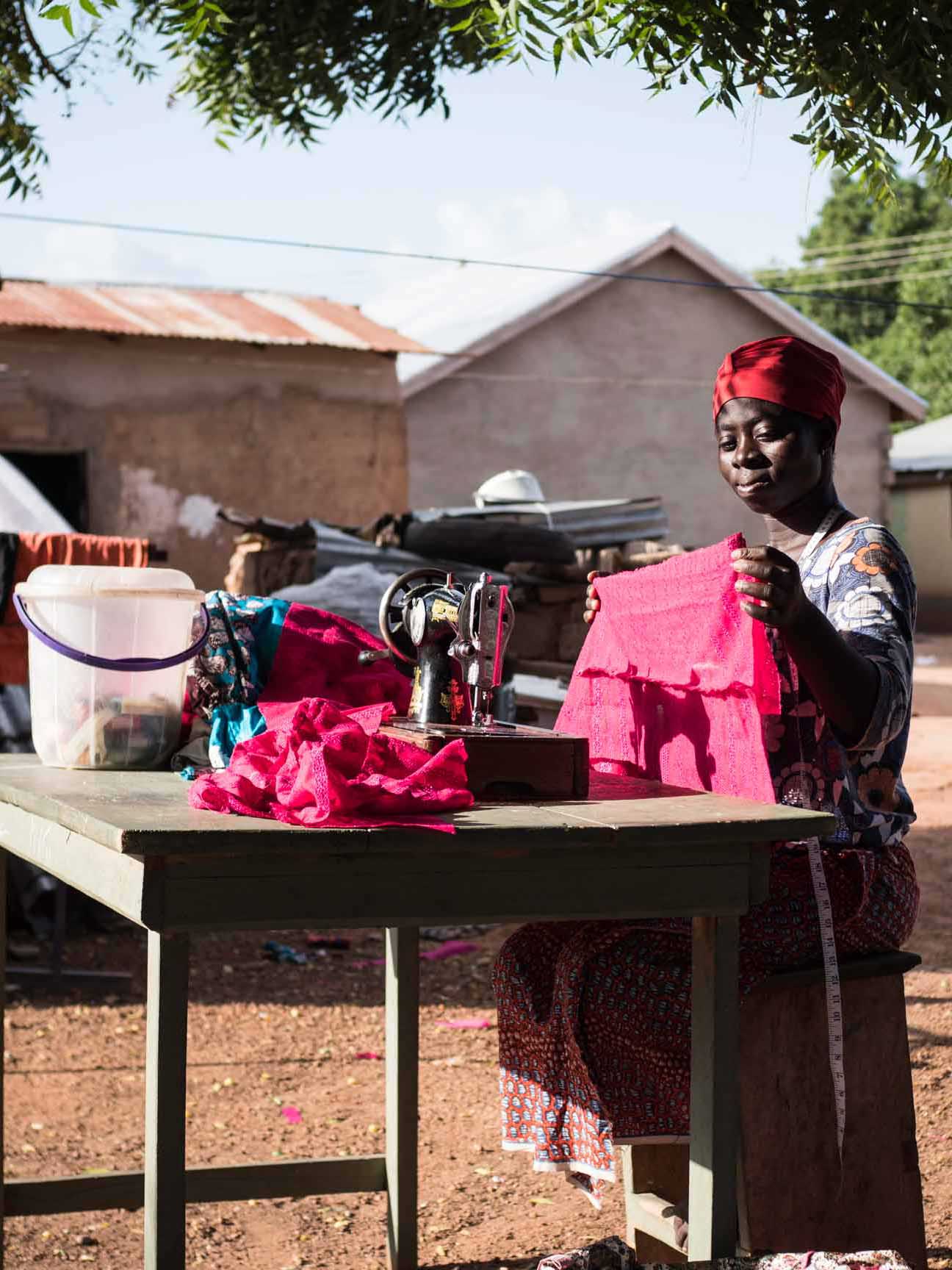
< >
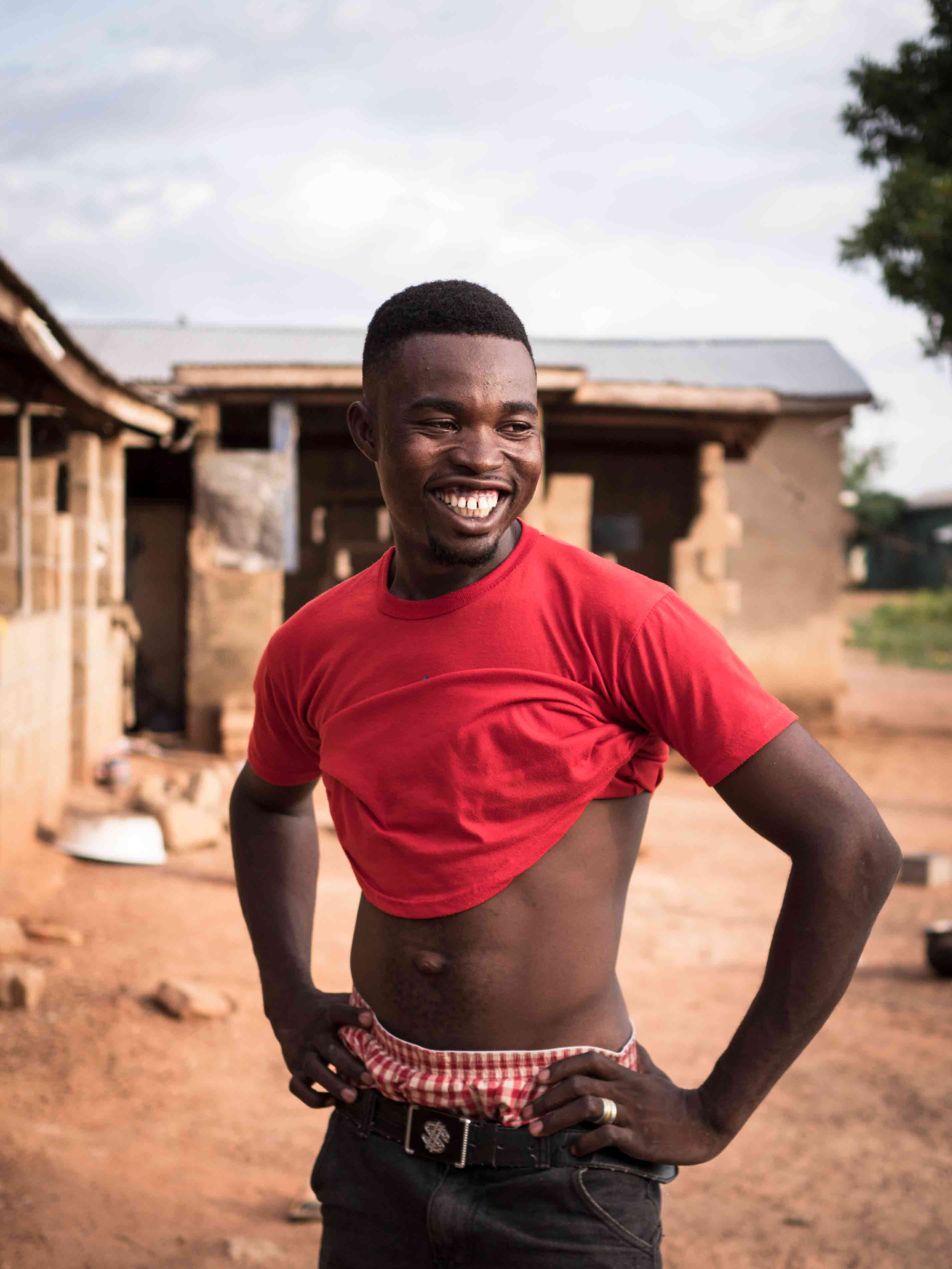
< >
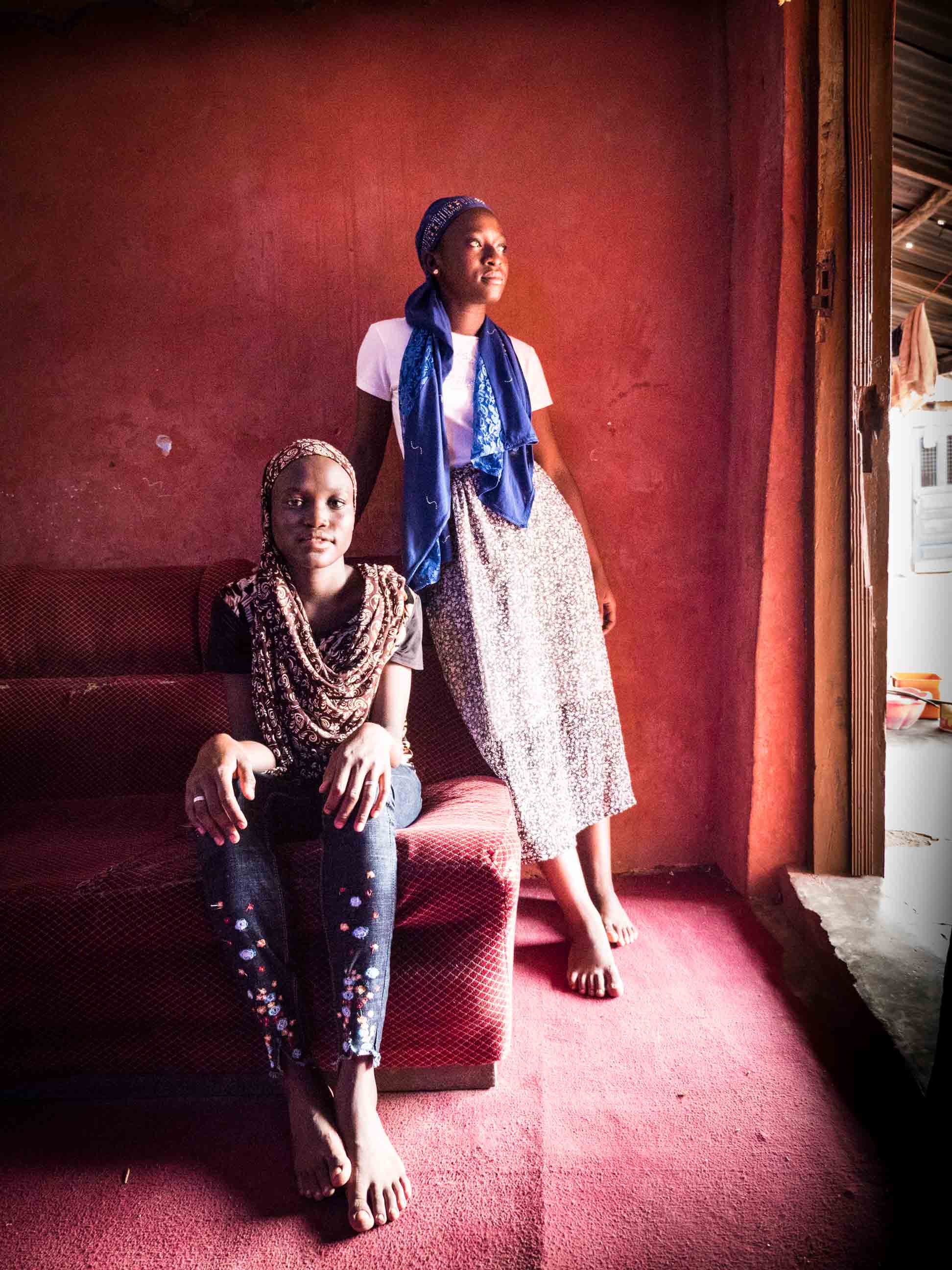
< >
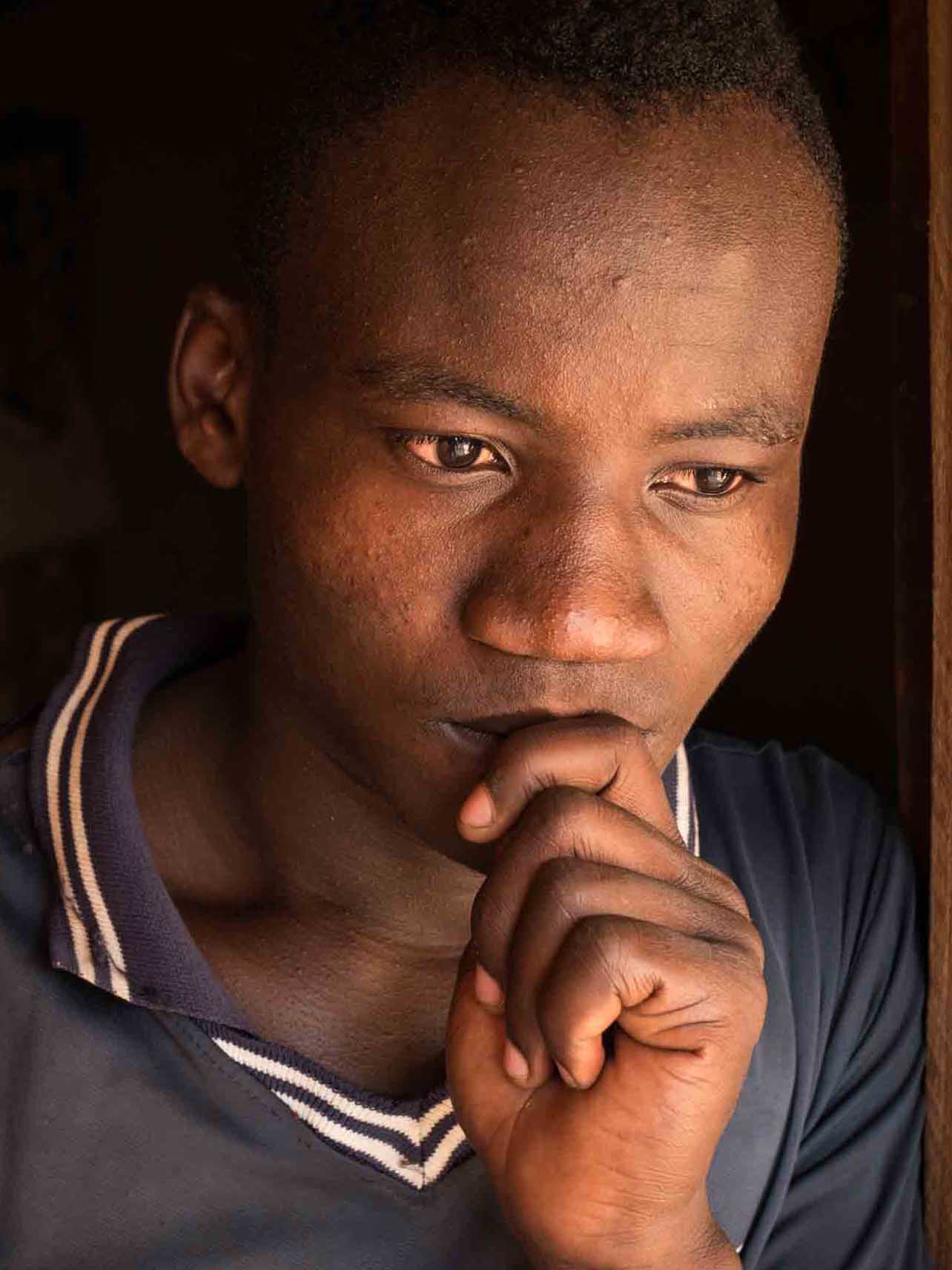
< >
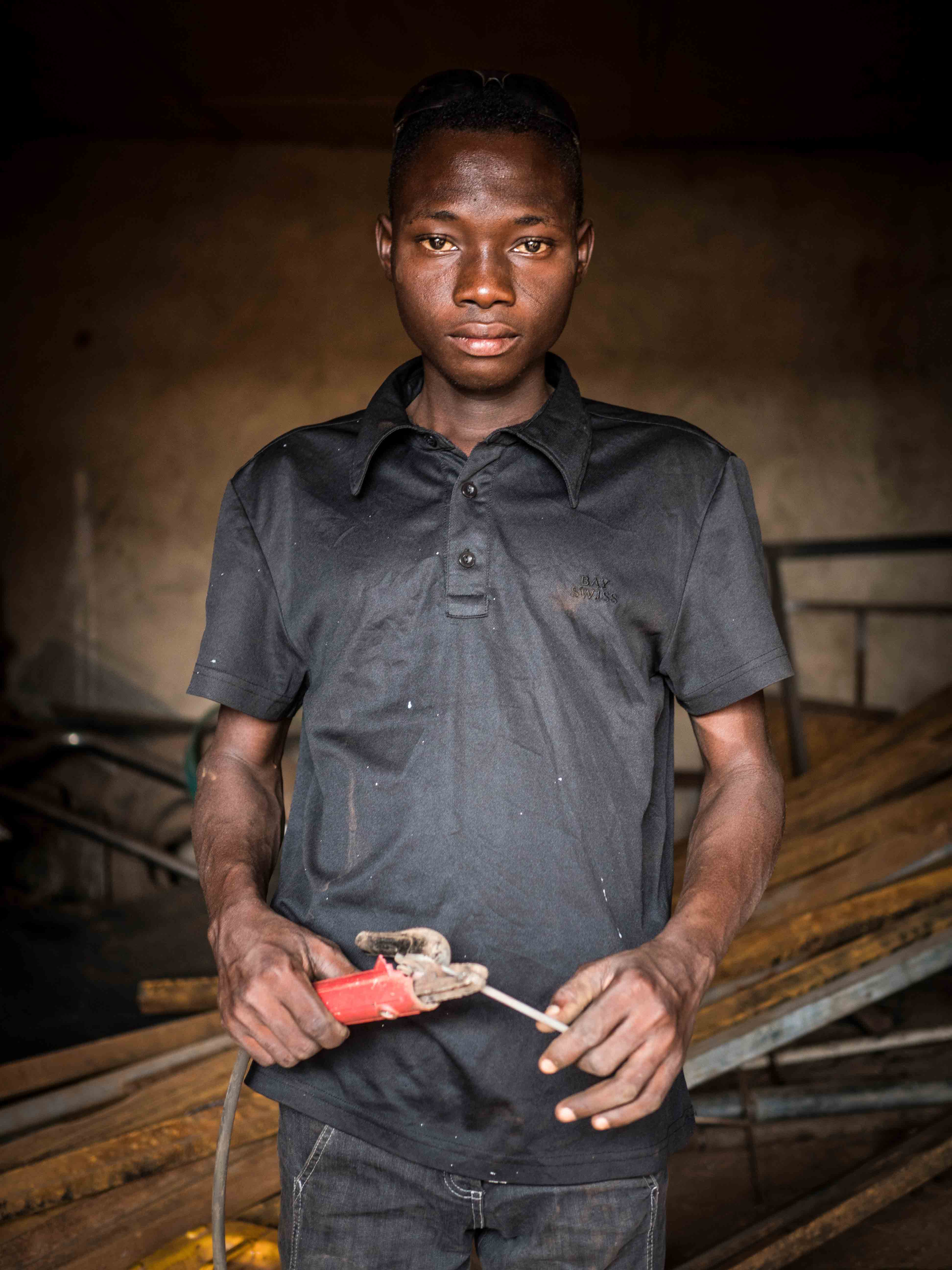
< >
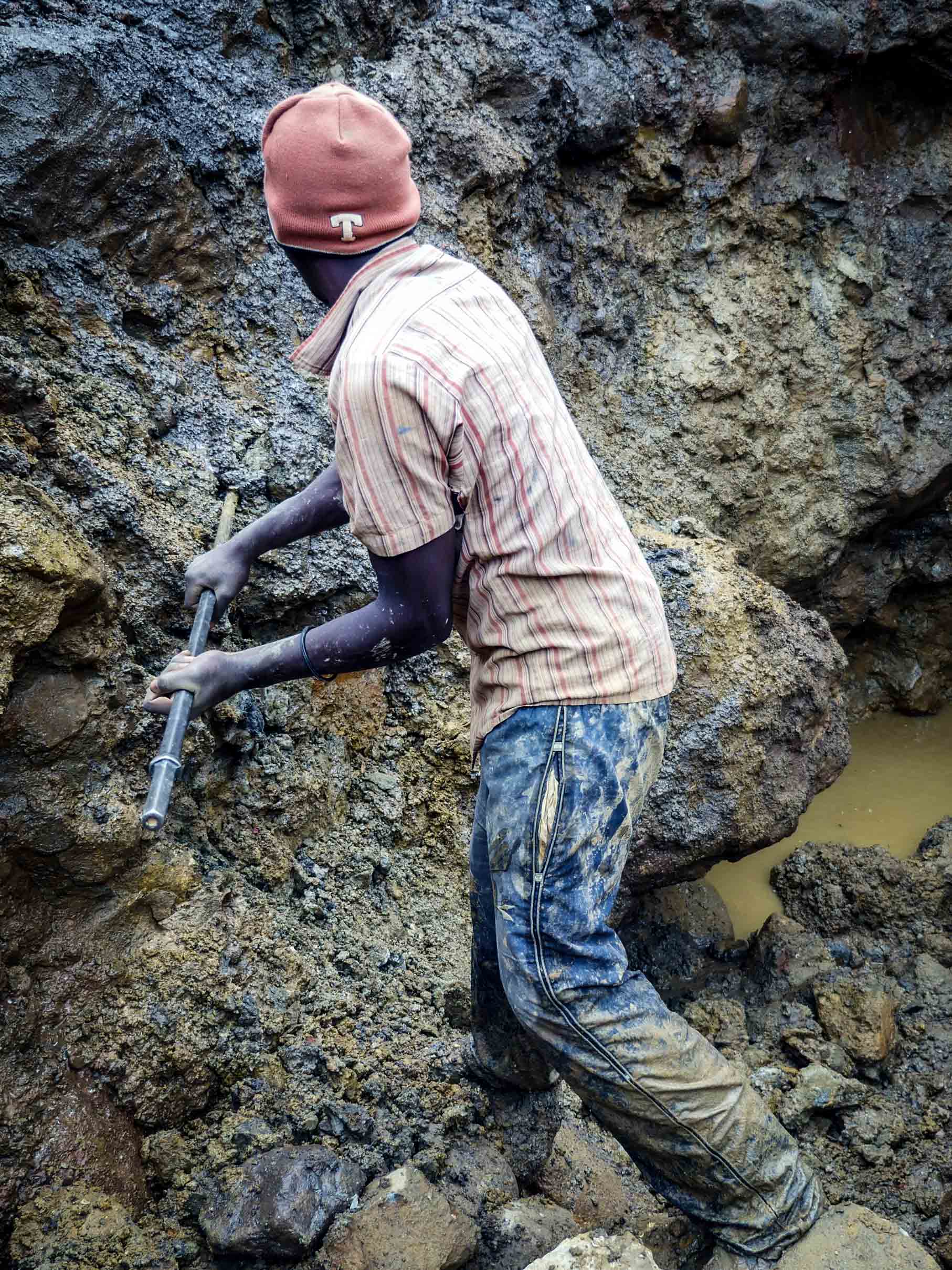
< >
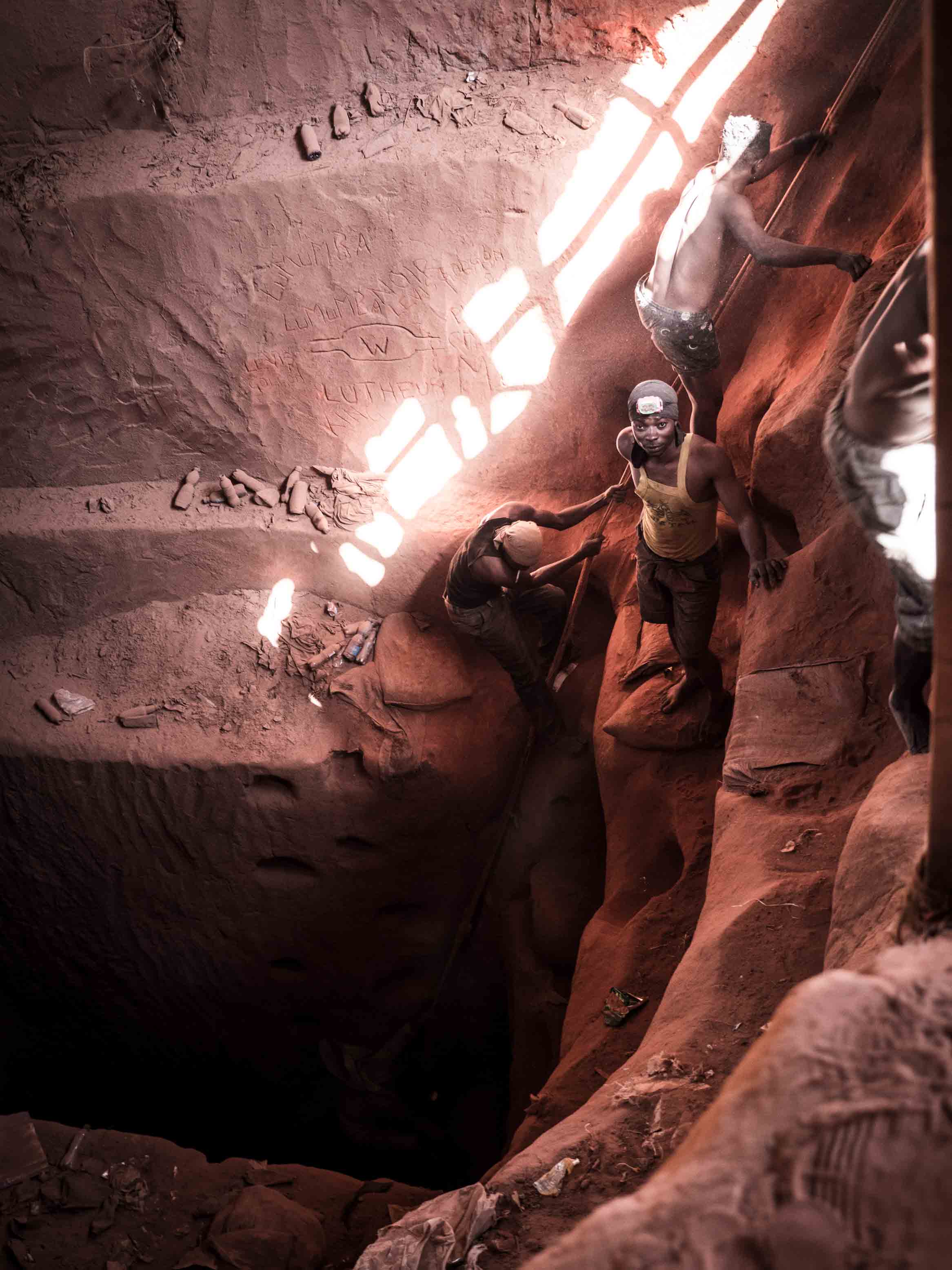
< >

< >
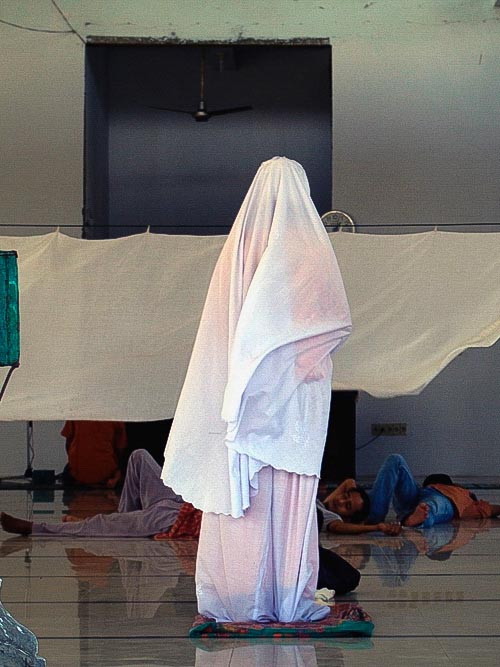
< >
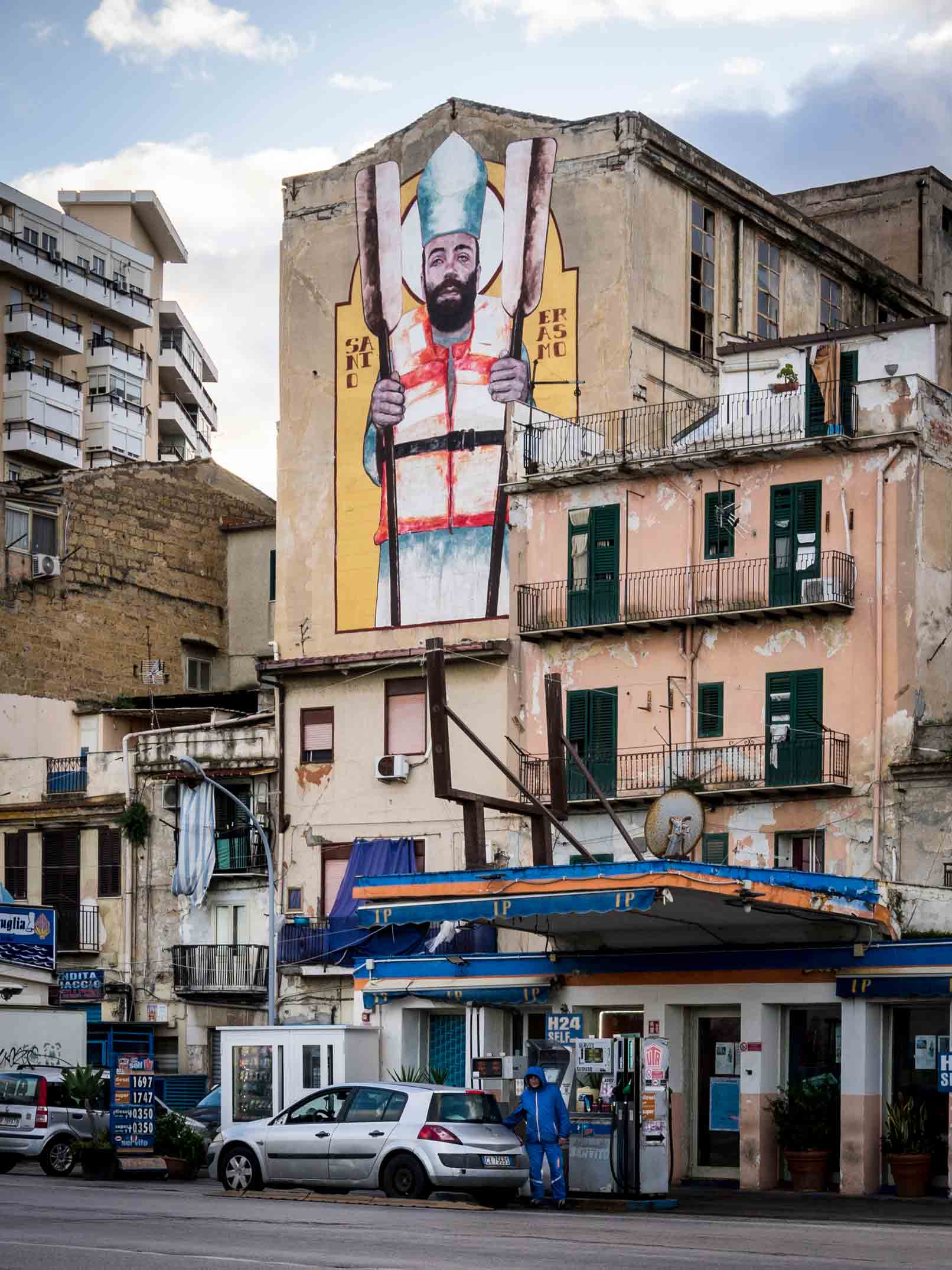
< >
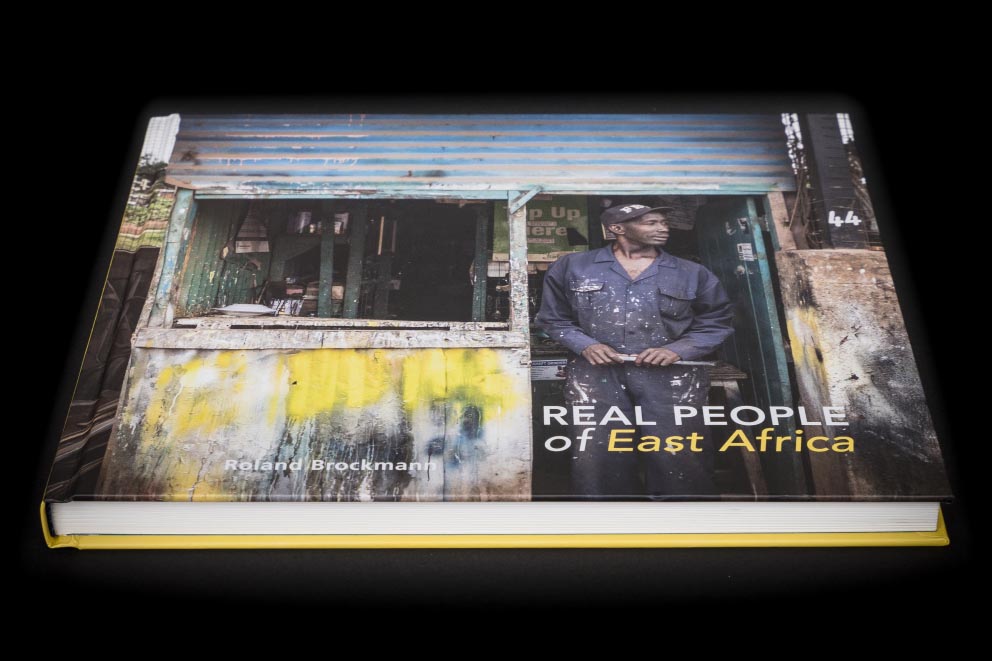
REAL PEOPLE OF EAST AFRICA
44 Portraits and Stories
Photo Edition Berlin 2018
112 Pages, German/English, 44 Euro
< >
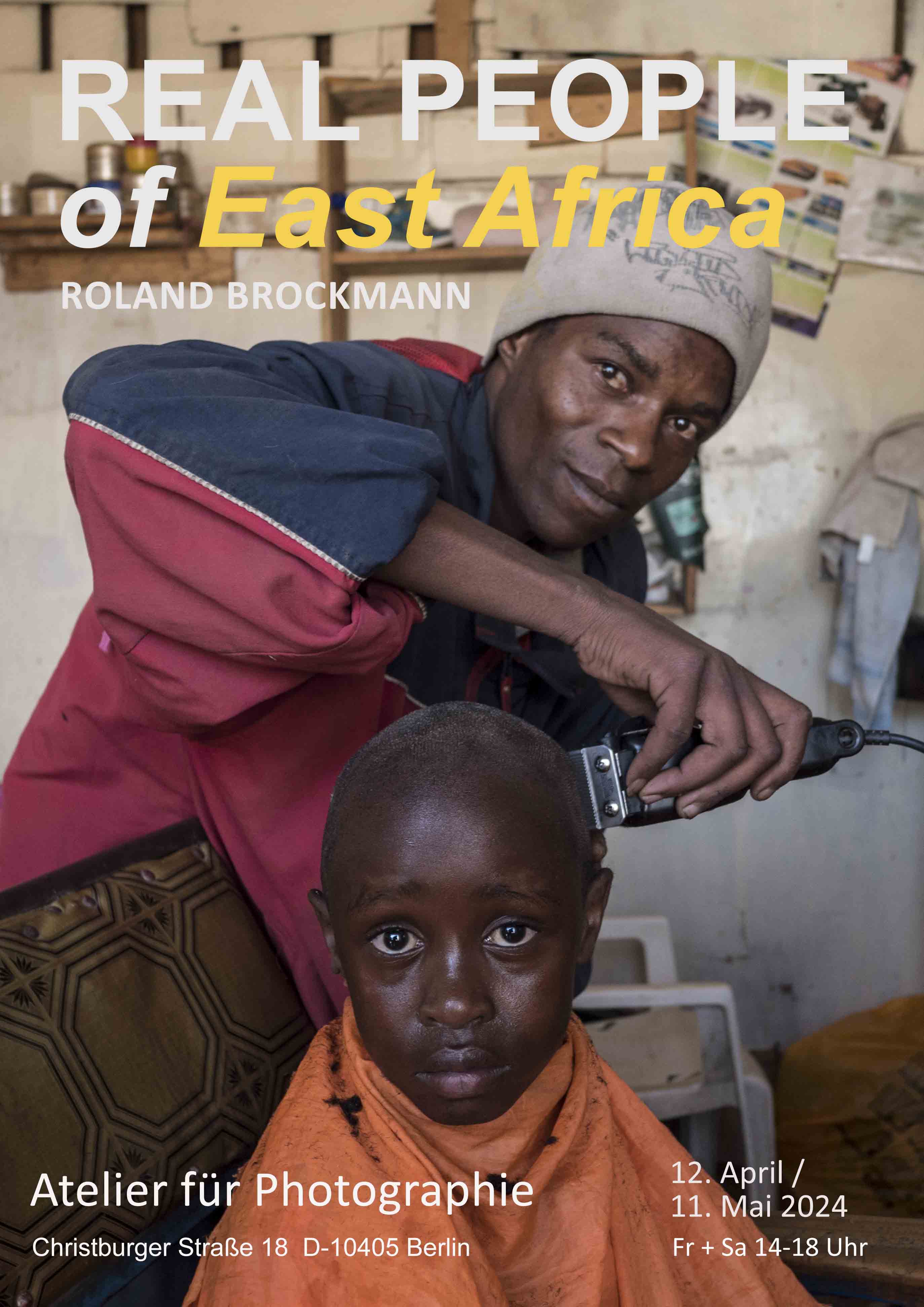
< >
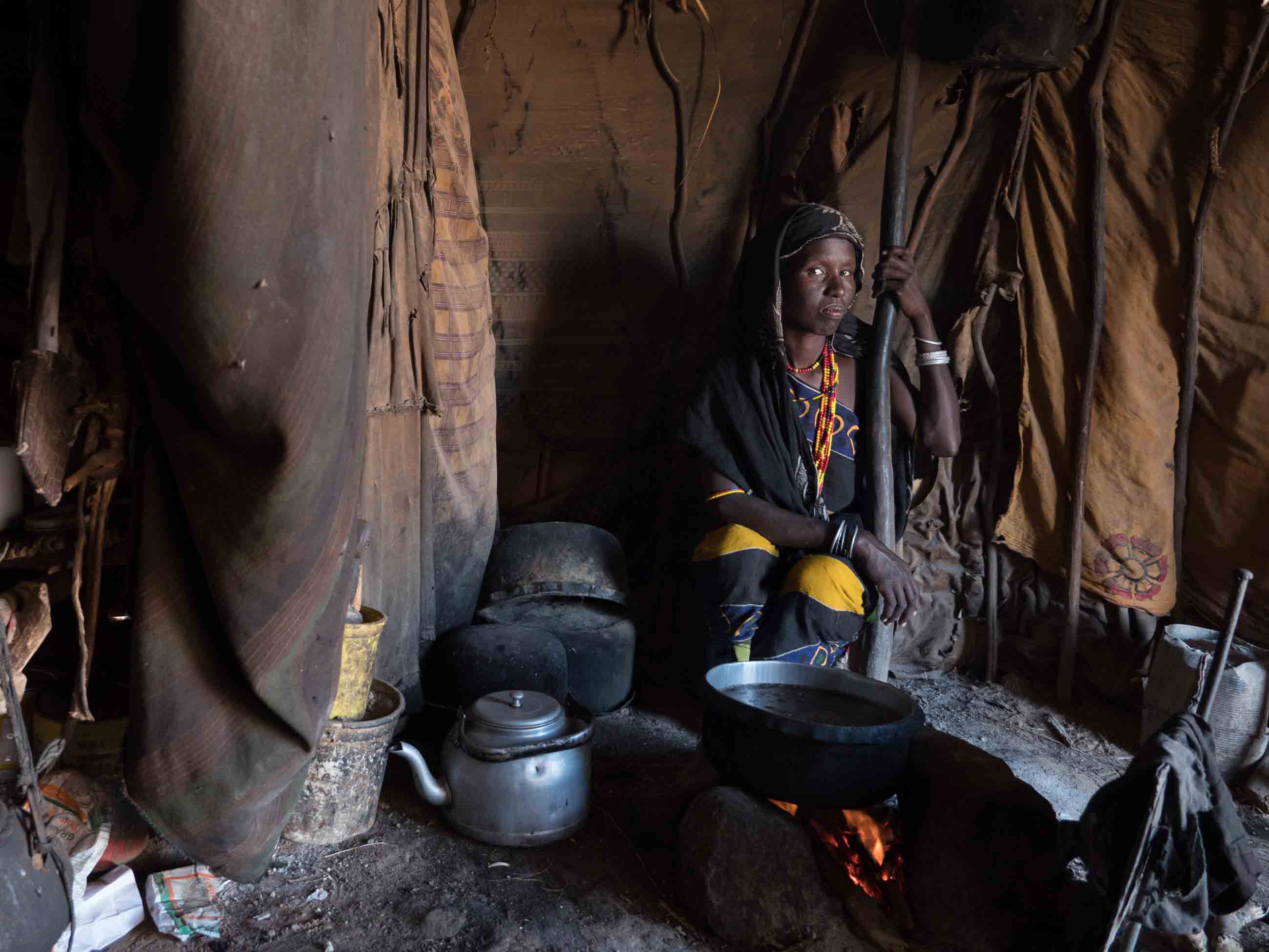
< >
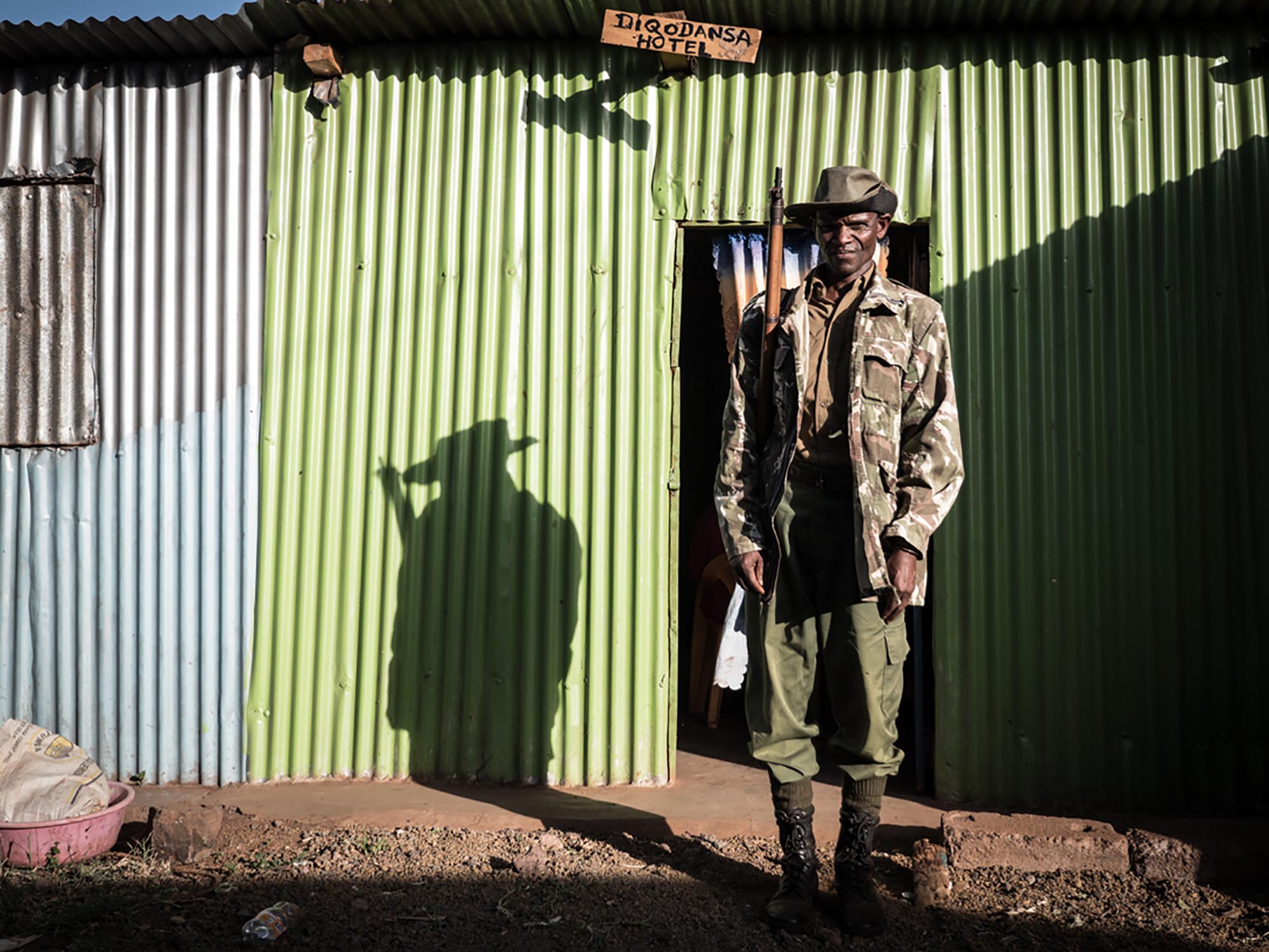
< >
Dabasso Abdula, 53, Police volunteer: “All the members of the National Police Reserve are volunteers. We support the normal police, but only in the countryside – always in the places where we live. I’m actually a herder, chosen by the village community… I’m not proud to be in the National Police Reserve. The job is not without risk, because the cattle rustlers are also armed. Some only have spears, others have rifles like us...”
"A photographer uncovers the everyday beauty of East Africa. Extra-ordinary." Huck Magazine
"Begleitet von eindrucksvollen Porträtaufnahmen kommen Menschen aus Kenia und Tansania zu Wort ...unbedingt lesenswert." NZZ
"...nicht Elend und Exotik, sondern das Alltagsleben in Tansania und Kenia, ohne Inszenierung." Zeit-Online
< >
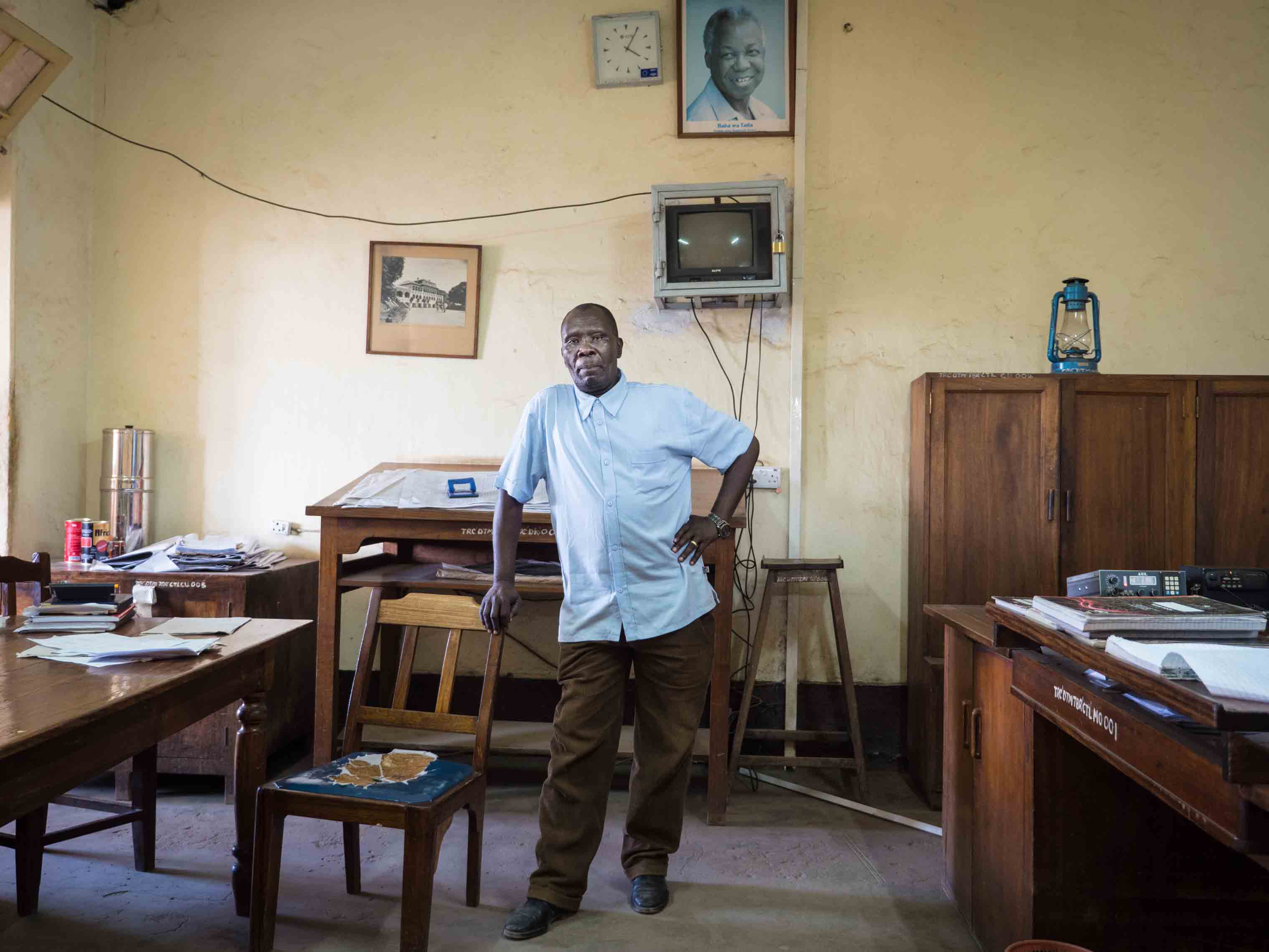
< >
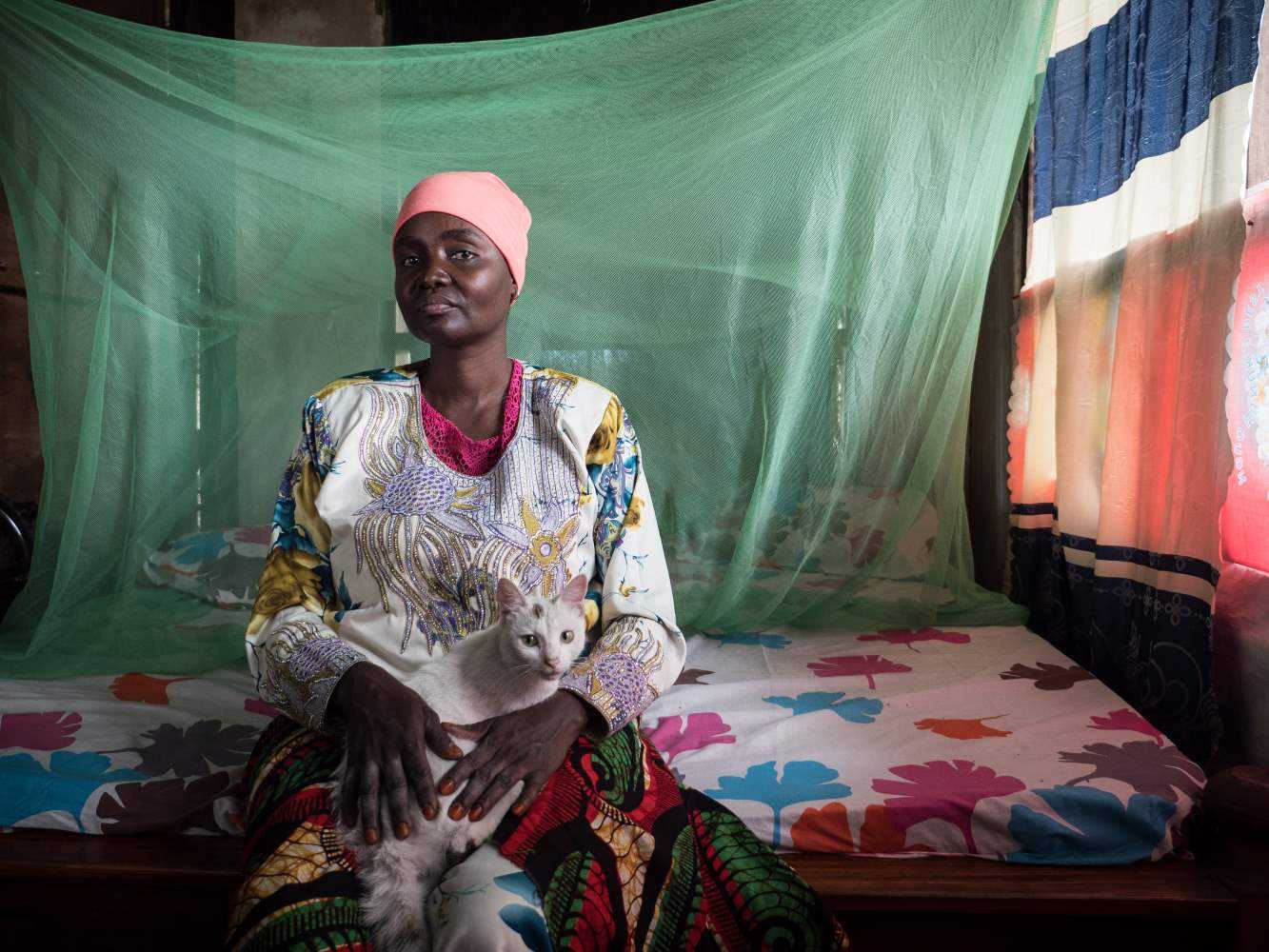
< >
Halima Ramadhan, 45, Cleaning woman: “Whitey [the cat] was still very small when my friend brought her over. I brought her up on porridge. She trusts us because of that. When we call her, she comes. My children are always playing with her and at night Whitey sleeps with them in their bed. Pets aren’t common here. People only keep animals to use them, like dairy cows or watchdogs, even though dogs are considered haram...”
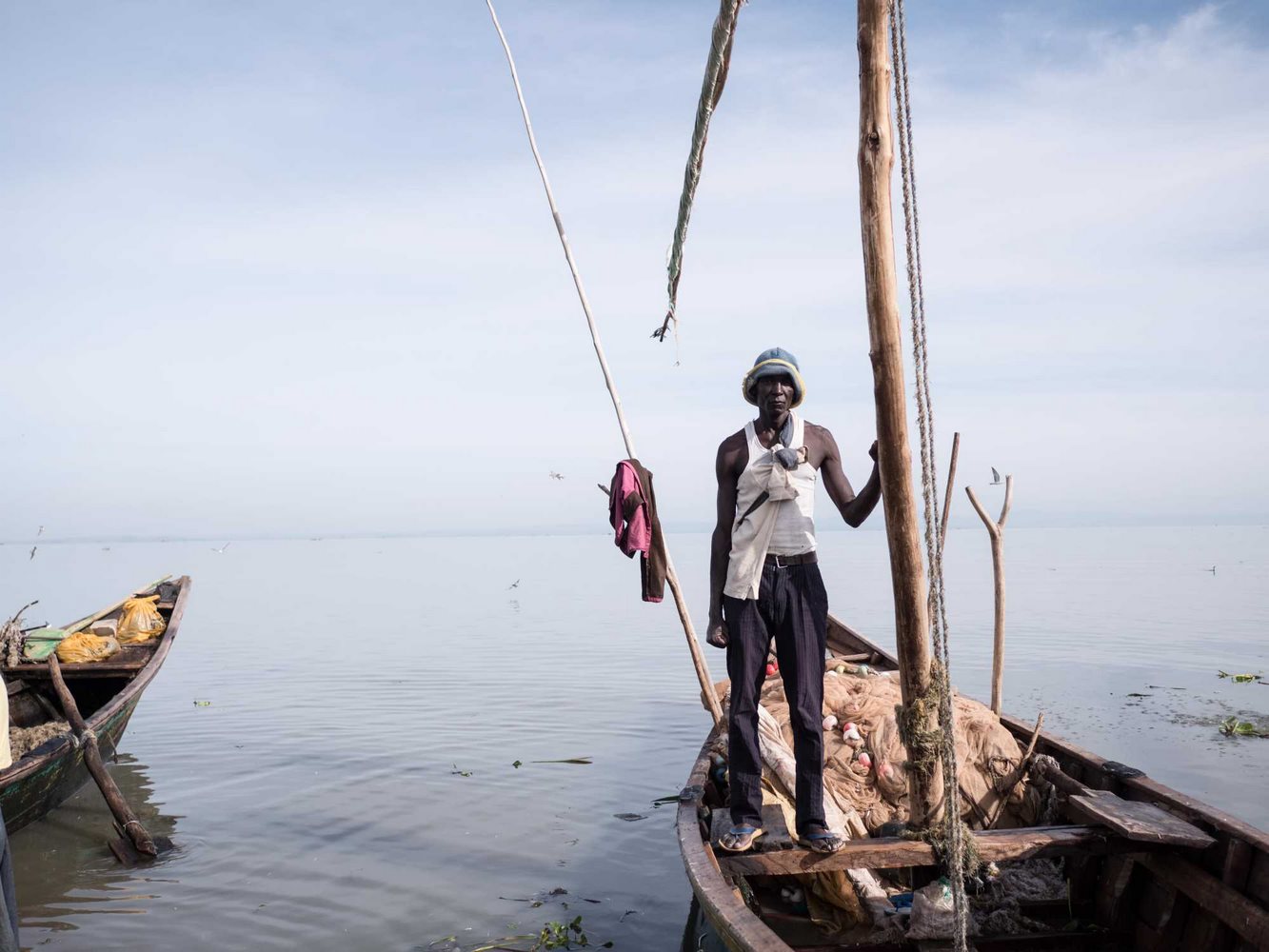
< >
Octaph Otieno Osano, 41, Fisherman: “On the lake everything, depends on the moon. If it’s in the east, the fish come from the west because they swim with the waves. So we’ll cast our nets to the east of the boat. But only the captain really knows about the weather and where the fish are. Without an experienced captain, you don’t catch anything… I’ve been making a living like this since I was 17...”
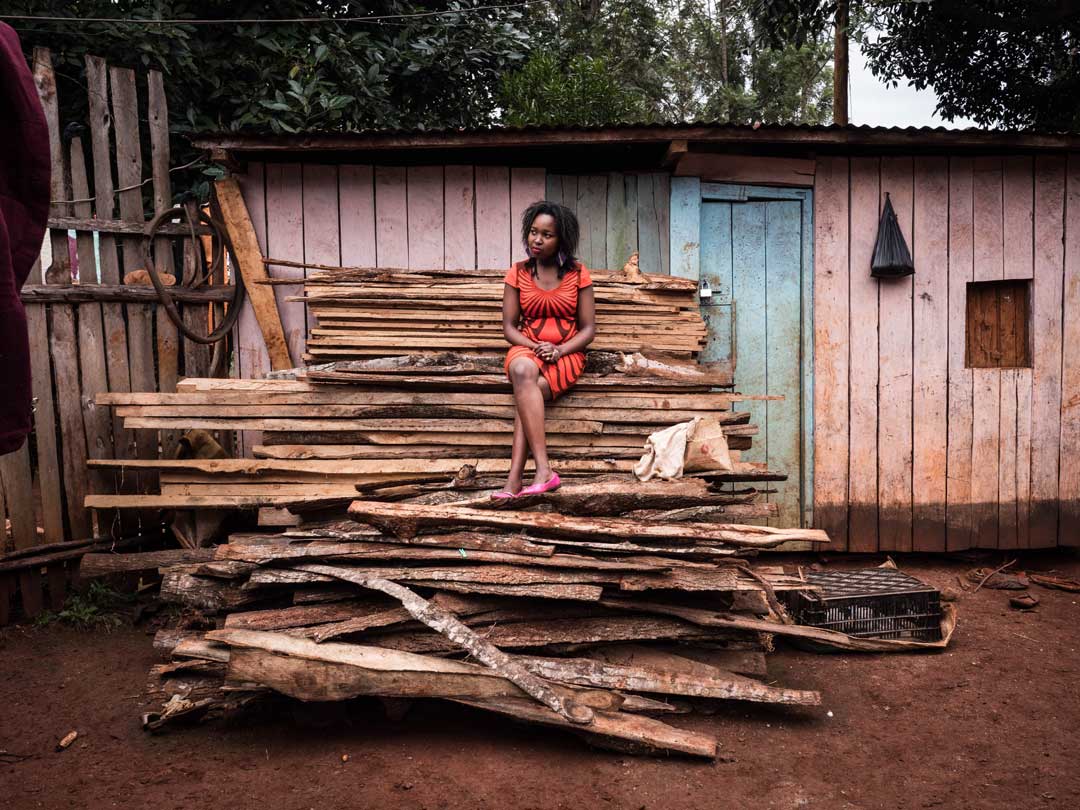
< >

< >
Kennedy Otieno Okuk, 35, Brick burner: “After primary school, I first became a fisherman. Later, my brother took me to Eldoret. He‘s got a tailor‘s shop there. In the city I met someone who was burning bricks. I‘d never seen anything like it. He had a lot of business and was a respected man. I was impressed by that, so I studied his technique and went back to my village, where nobody knew anything about bricks...”
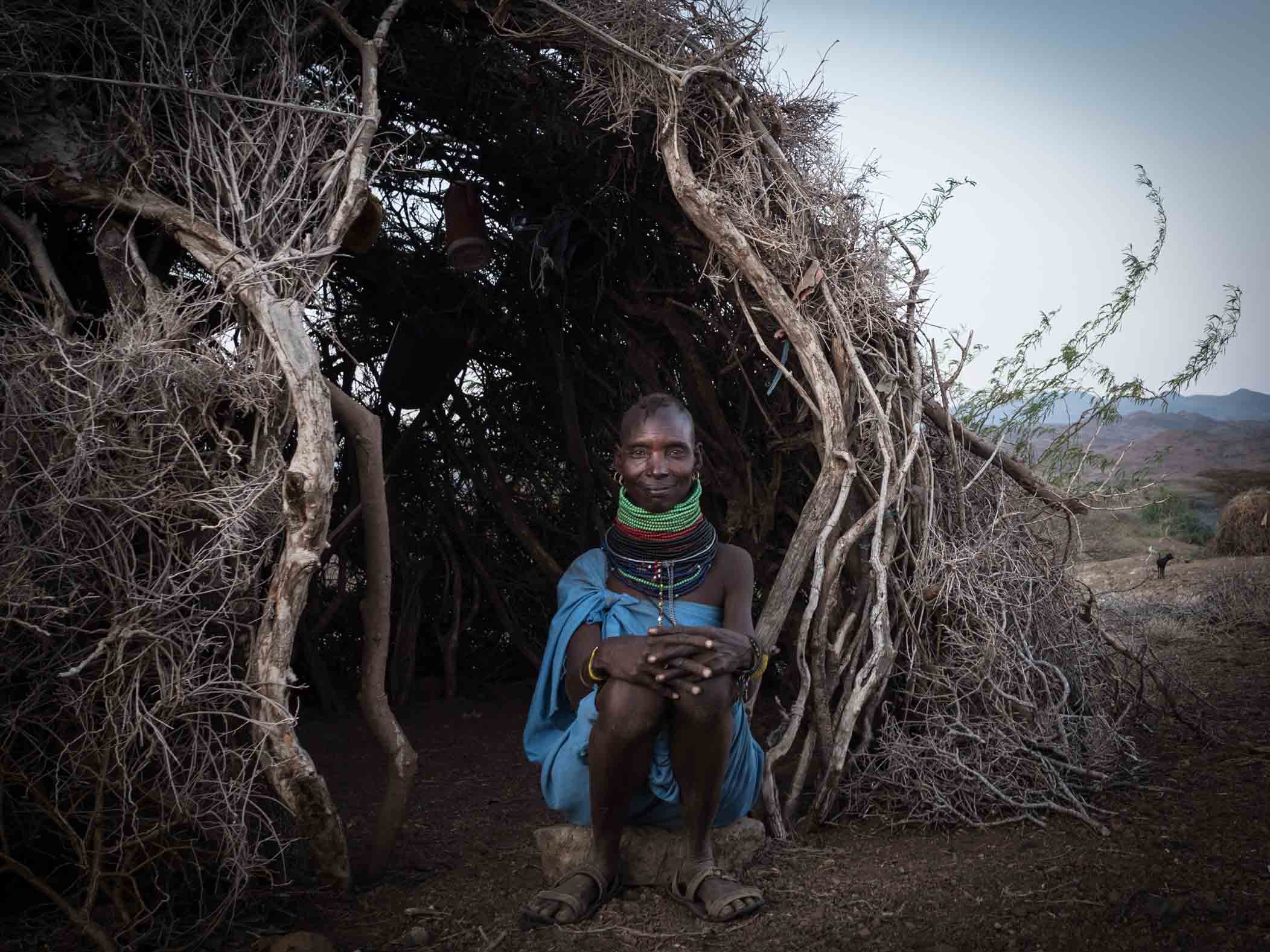
< >
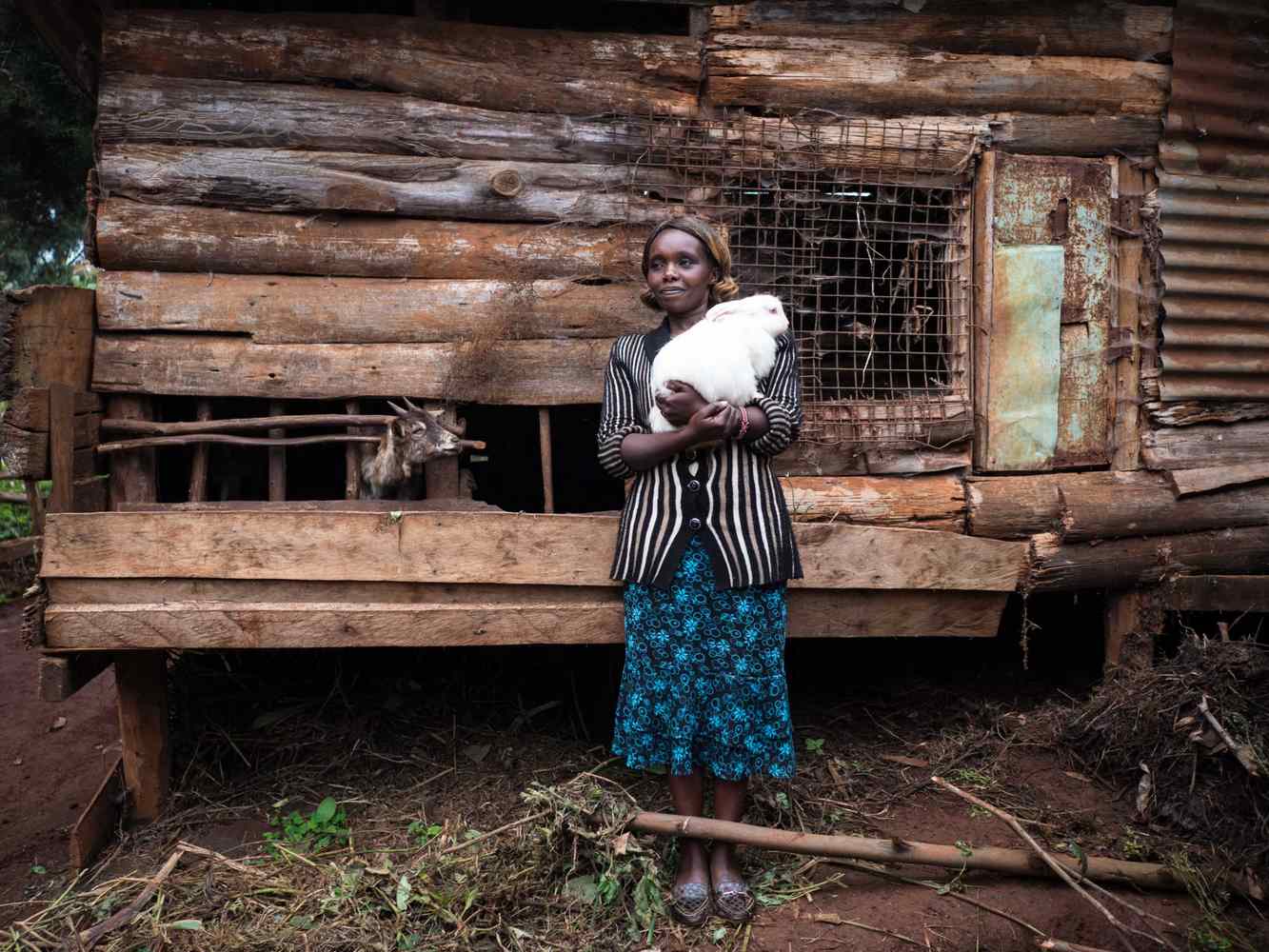
< >
Florence Wanja, 35, Tea farmer and Hairdresser: “One day [my husband] hit me in front of strangers. That’s when I decided I should go back to my parents and look for a different future. It’s a hard step to take among us Kikuyu. Going back to your parents is frowned on if the husband has paid the bride wealth and you already have your own household… We haven’t seen each other since the separation. I think about it, but I don’t want him to know that...”
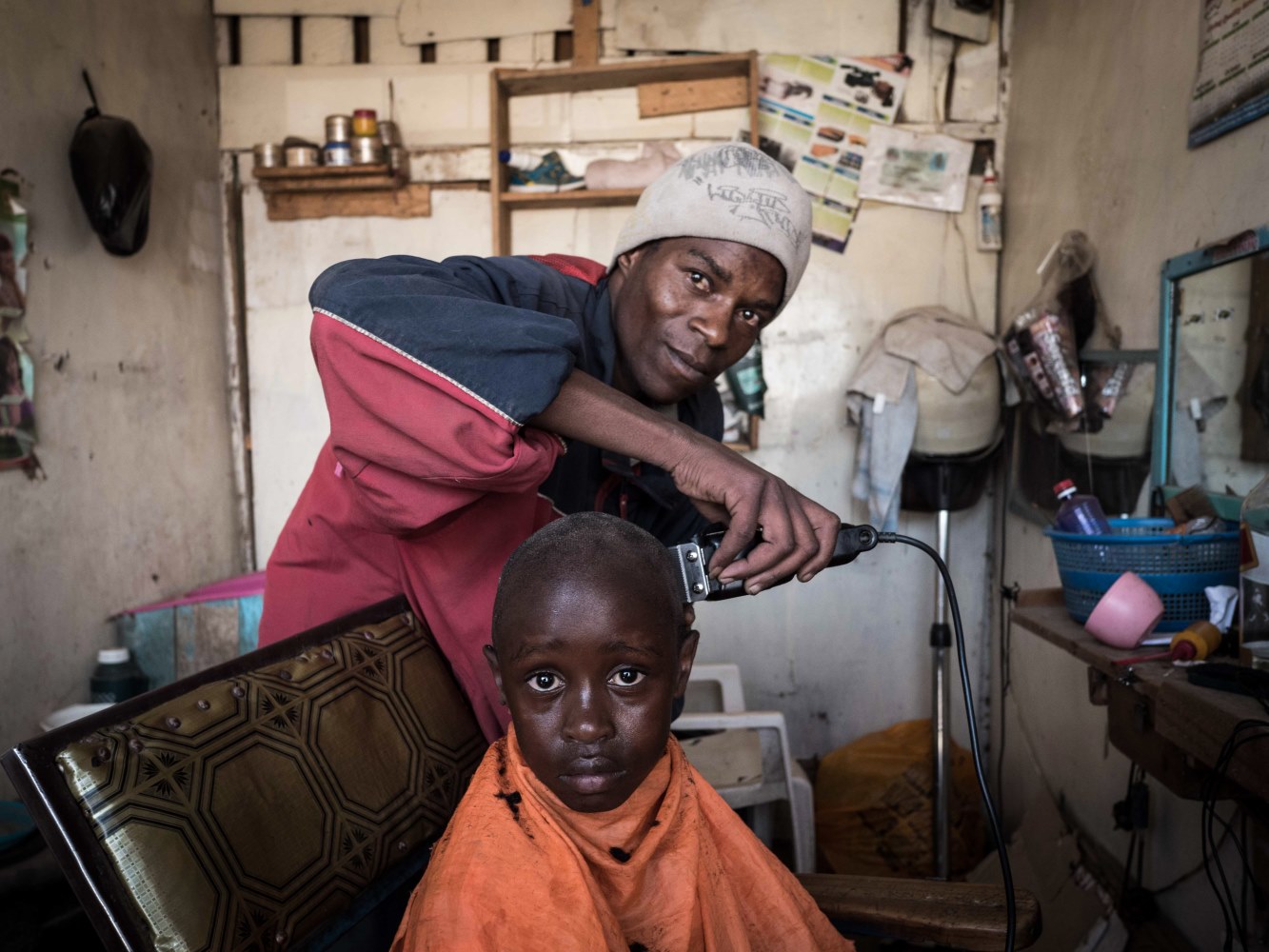
< >
Alex ‘Ras’ Muthoni, 26, Barber: “Most people just call me Ras because I’m a Rastafari. And there aren’t that many of us in Naro Moru. Maybe 20. This is a small town. The other people here respect us. They know Rastafari don’t cause trouble. And our philosophy is all about peace and harmony… There’s a lot of competition among the barber shops in Naro Moru, but I don’t really try to attract new customers – they come to me thanks to Jah...”
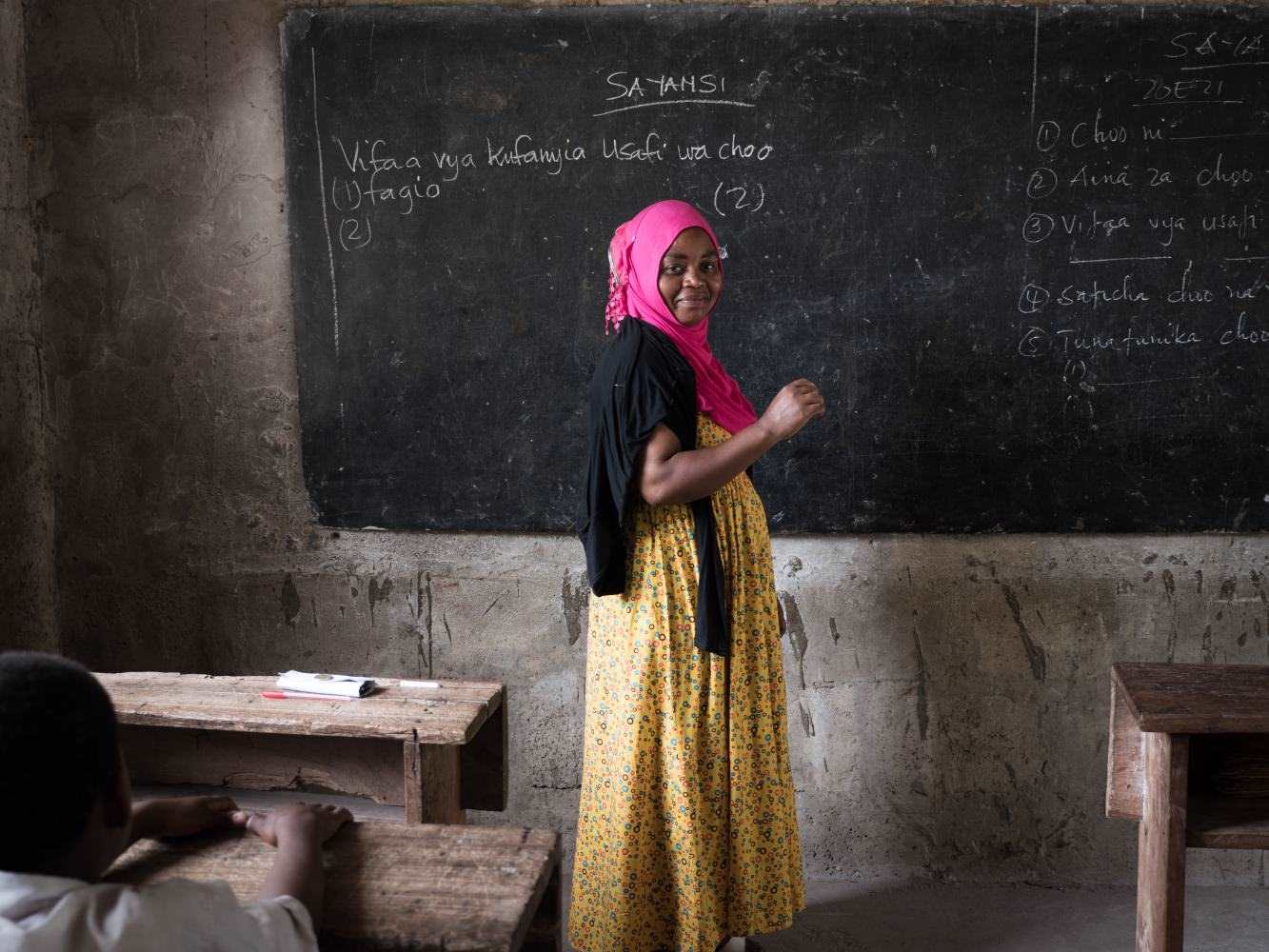
< >
Hirack Makando, 32, Primary school teacher: “Chongoleani is a small fishing village by the sea, with 700 inhabitants… I live in Tanga, the district capital, with my family. To get to work every day, I first have to take the bus and then a motorcycle taxi for the last part of the journey where there aren’t any buses. I have to pay my travel costs myself. It doesn’t leave me with much of my salary. But we didn’t want to move...”
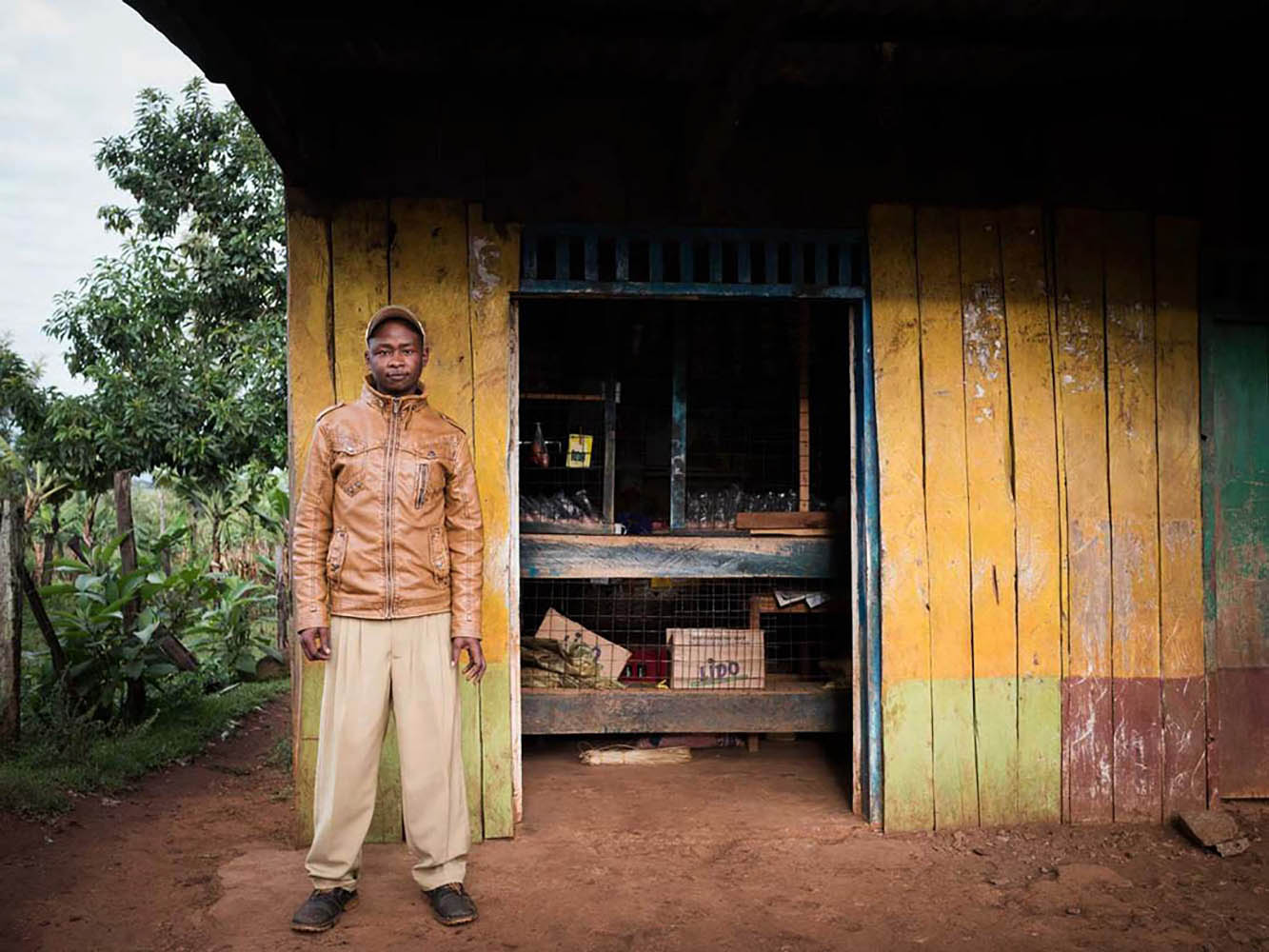
< >
Wesley Kosgei, 35, Shop owner: “There are about fifty families in my village – eight of them run a shop. And everyone sells the same things. There’s obviously a lot of competition and you can’t make much money. I would like to offer tools or iron sheets as well. There’s no hardware shop here. But you need more capital for that. When I opened in 2011, my father lent me 1,800 Kenyan shillings (15 euros)..”
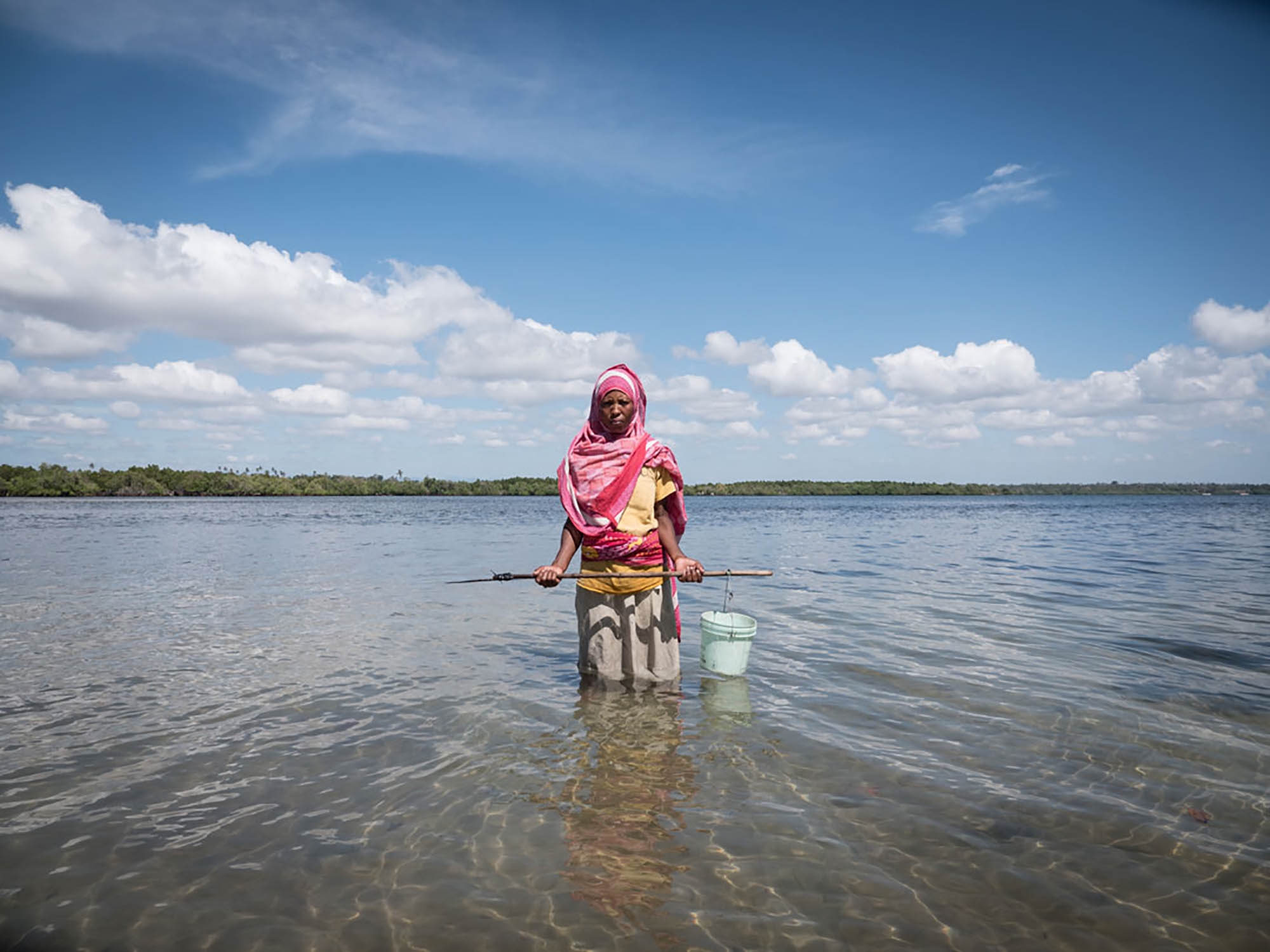
< >
Tima Kombo, 40, Octopus catcher: “I pray before I go to the beach. Not because I’m afraid, but to catch a lot of octopuses. There are ten women from my village who look for octopuses. We usually set off together, but on the beach we go our separate ways. Everyone looks for the best places, so you lose sight of each other...”
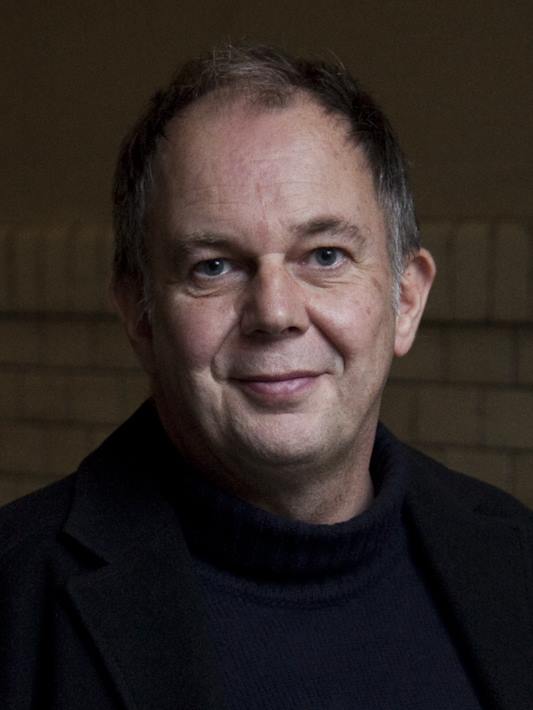
+49(0)175 7315525
10178 Berlin
Oranienburger Straße 87
UStID / VAT ID: DE170879007
